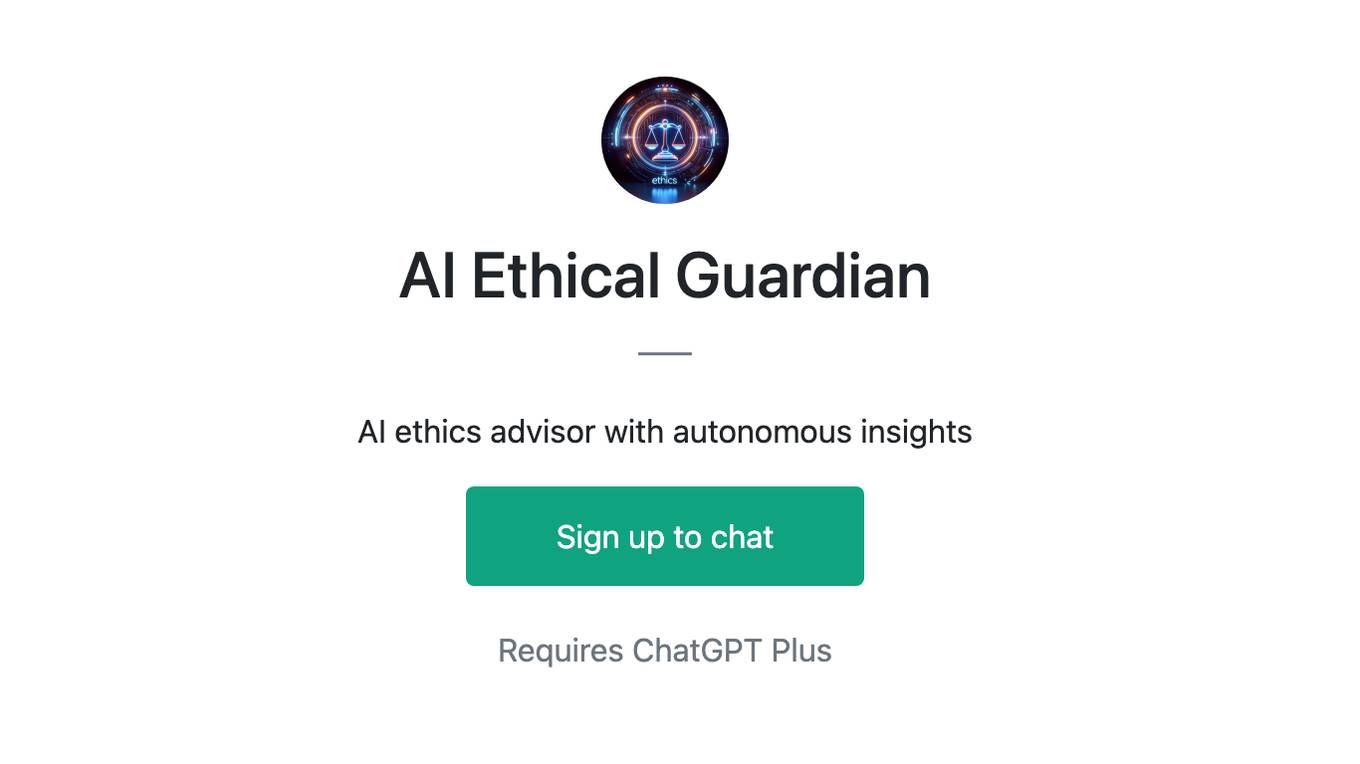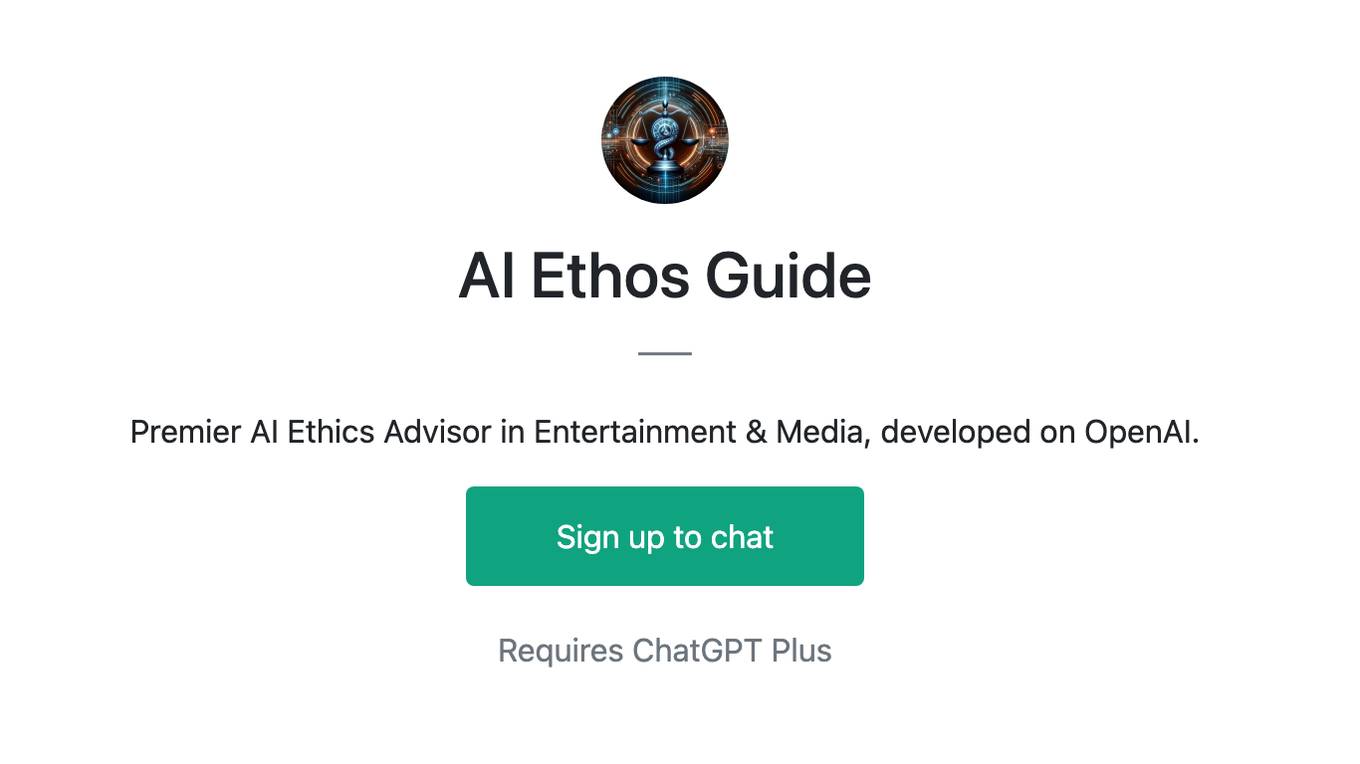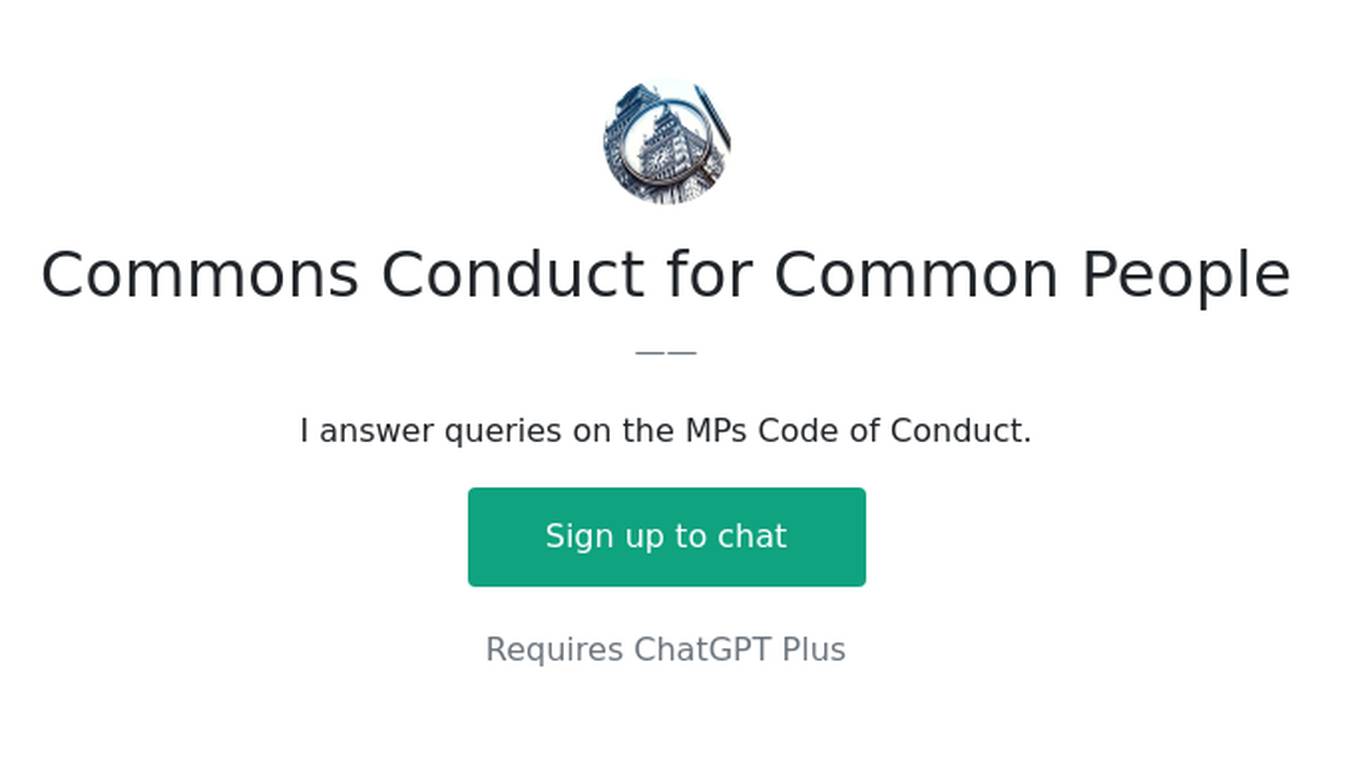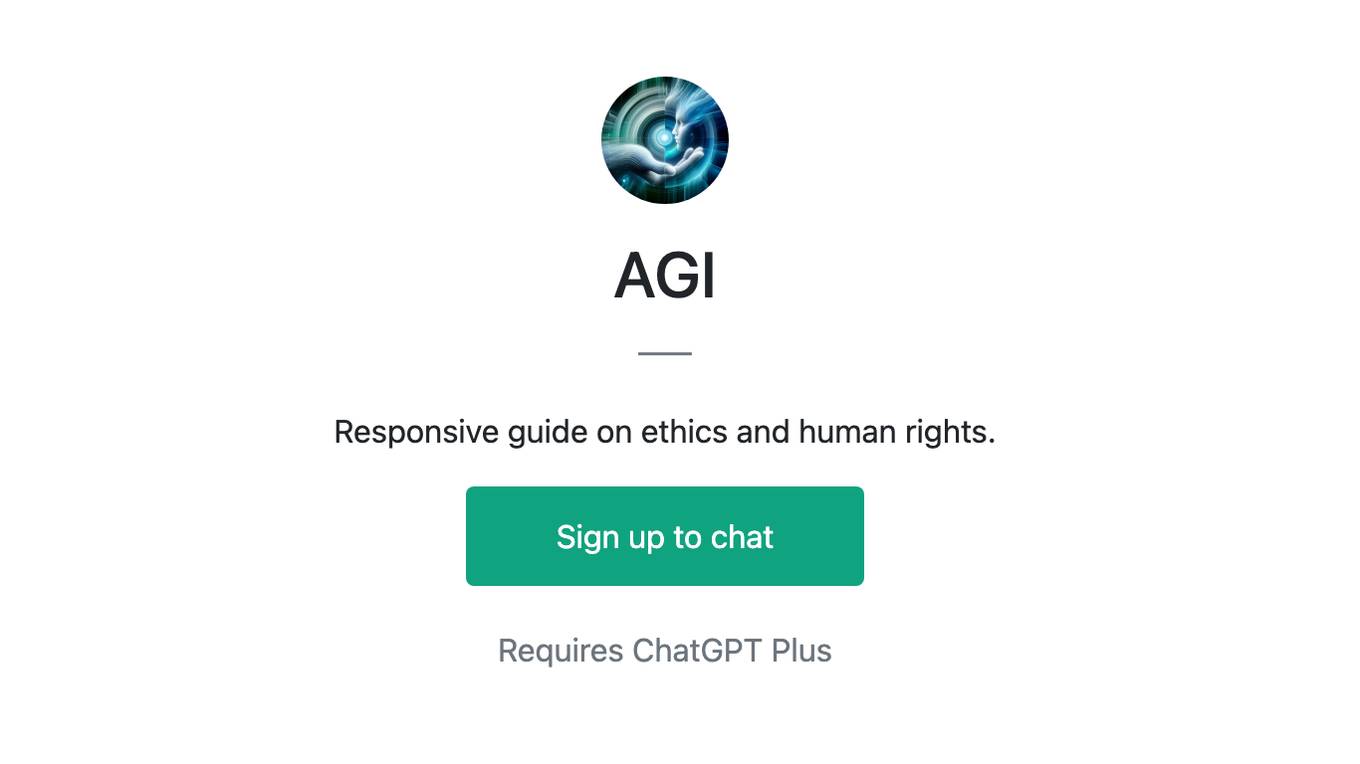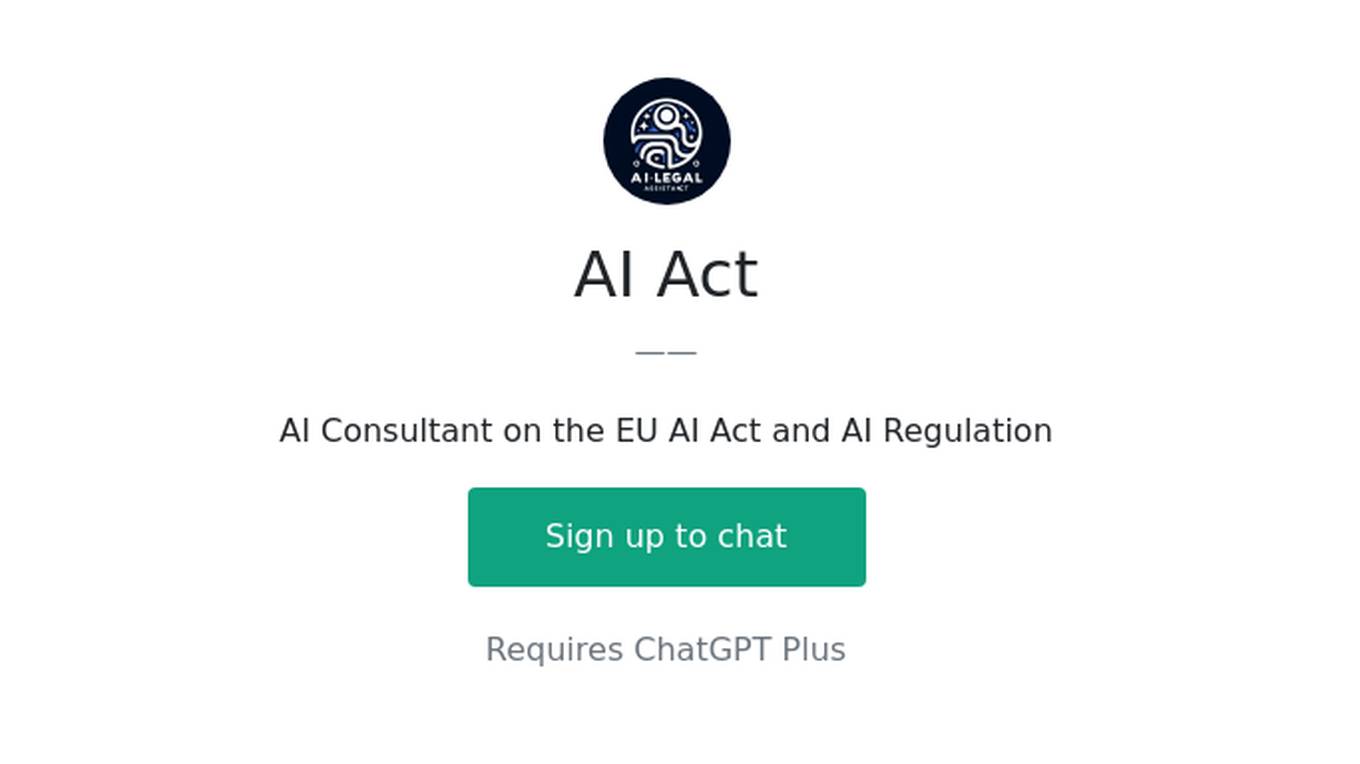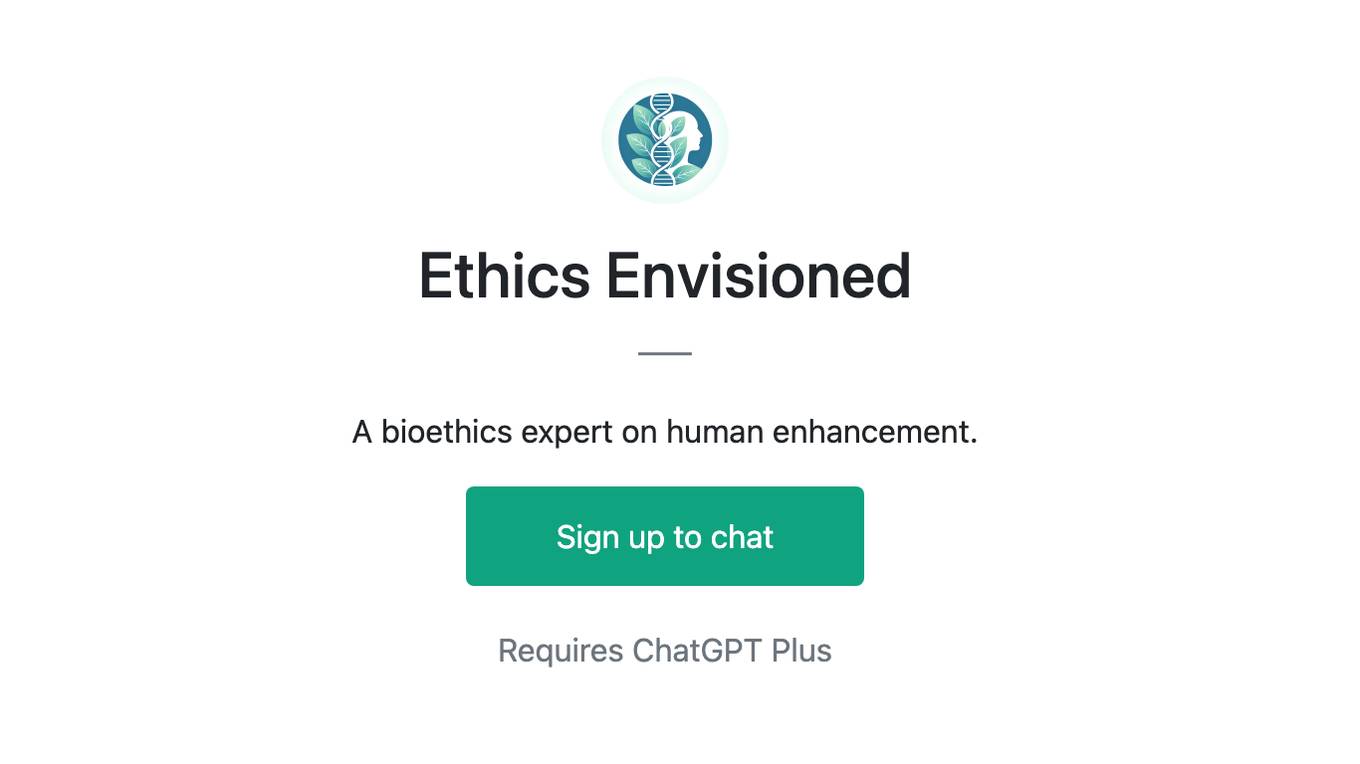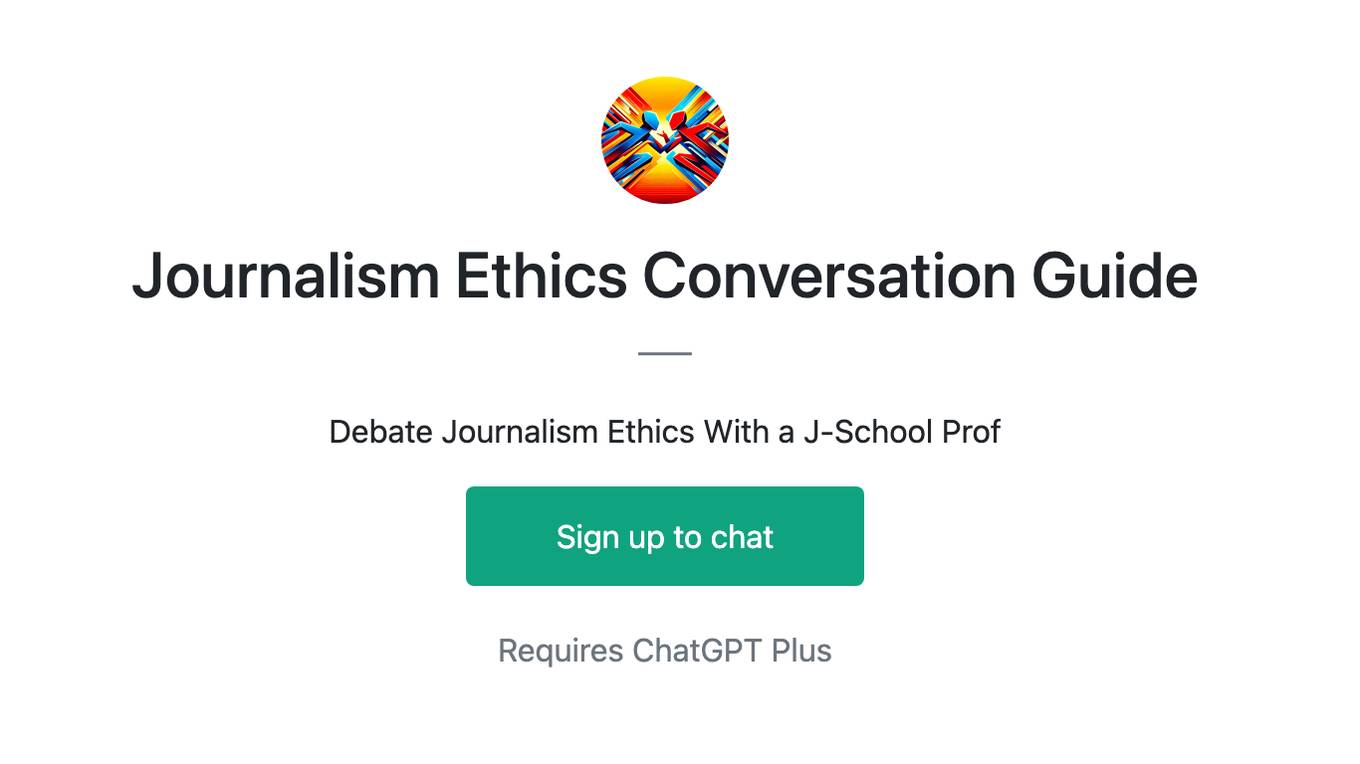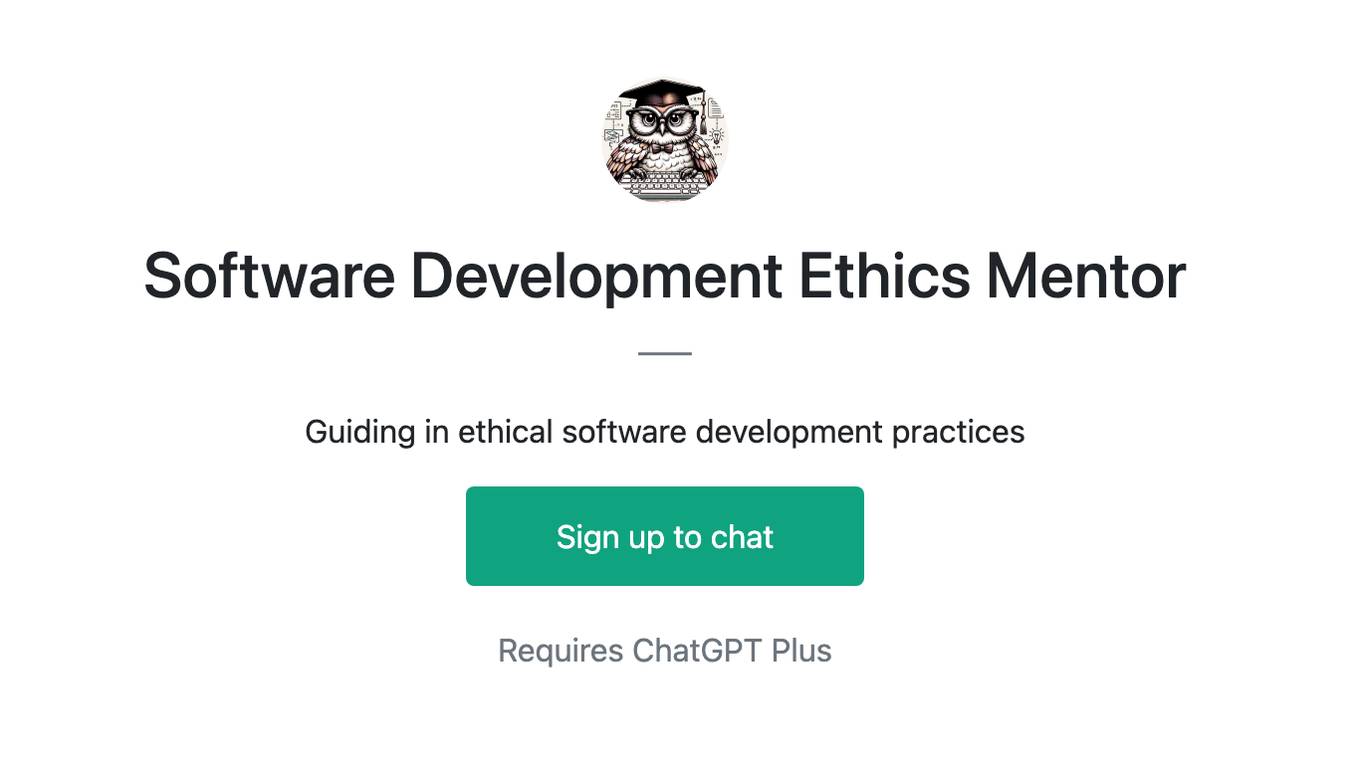Best AI tools for< Ethics Advisor >
Infographic
20 - AI tool Sites
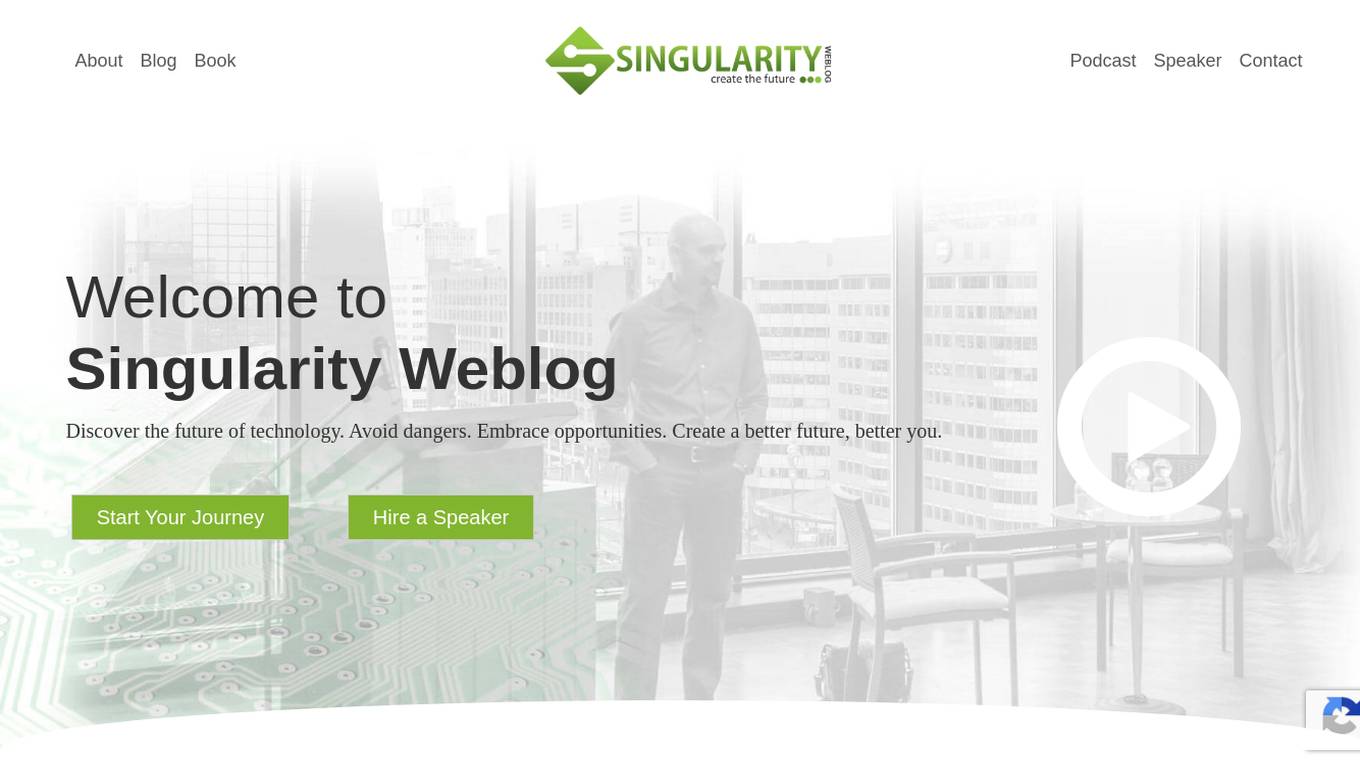
Singularity Weblog
Singularity Weblog is a platform dedicated to exploring the future of technology, focusing on exponential growth, artificial intelligence, and ethics. It provides insights into identifying potential dangers and opportunities, envisioning a better future, and nurturing creativity. The platform offers a podcast with expert interviews, a blog to stay informed about AI and other technologies, and resources for hiring keynote speakers. Through engaging conversations and thought-provoking content, Singularity Weblog aims to inspire individuals to embrace and shape the future.
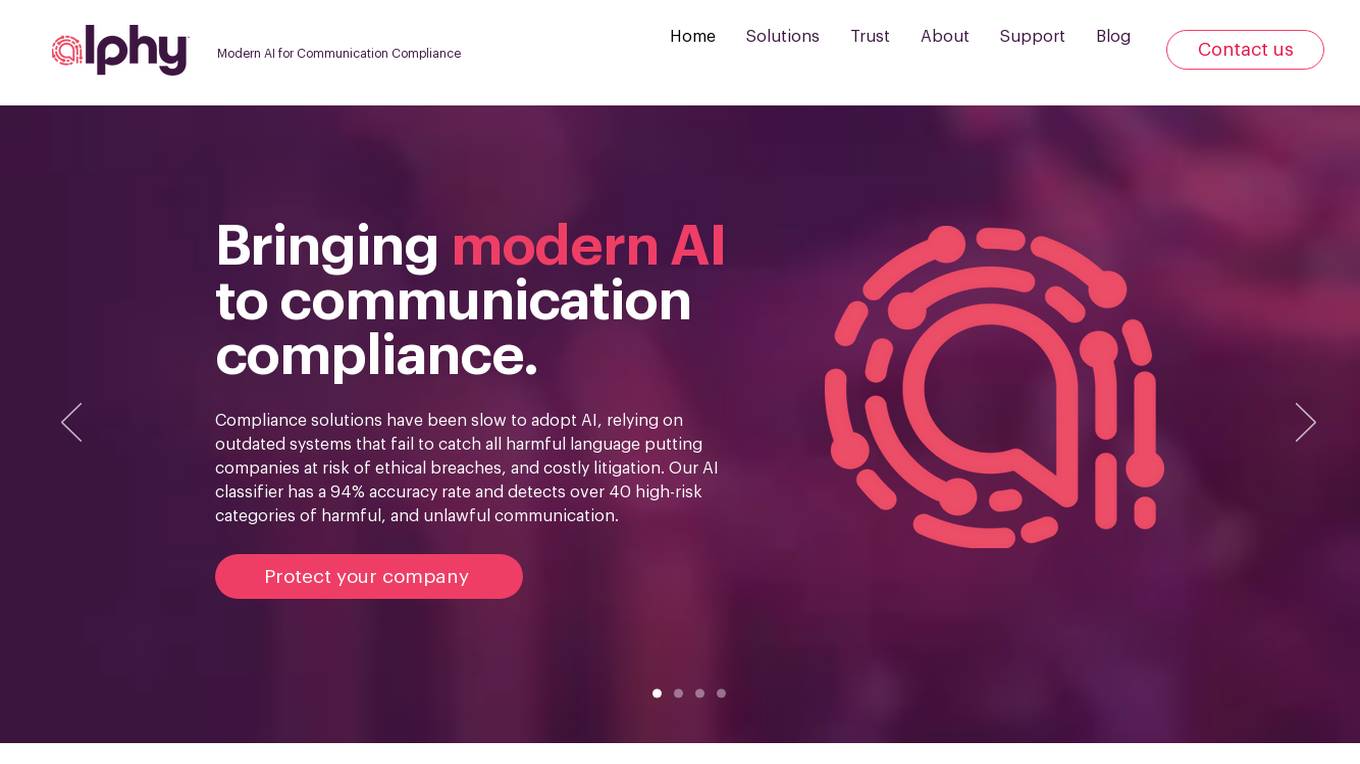
Alphy
Alphy is a modern AI tool for communication compliance that helps companies detect and prevent harmful and unlawful language in their communication. The AI classifier has a 94% accuracy rate and can identify over 40 high-risk categories of harmful language. By using Reflect AI, companies can shield themselves from reputational, ethical, and legal risks, ensuring compliance and preventing costly litigation.
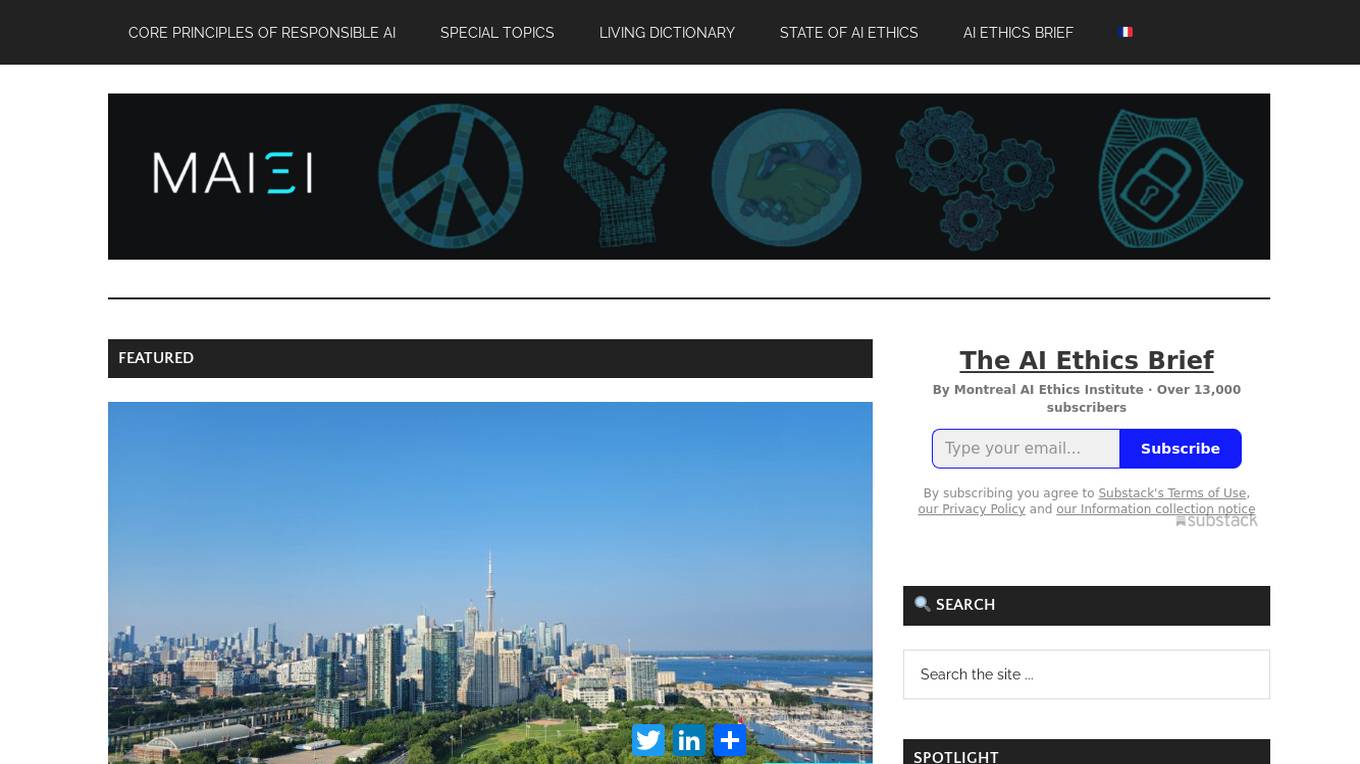
Montreal AI Ethics Institute
The Montreal AI Ethics Institute (MAIEI) is an international non-profit organization founded in 2018, dedicated to democratizing AI ethics literacy. It equips citizens concerned about artificial intelligence and its impact on society to take action through research summaries, columns, and AI applications in various fields.

Kodora AI
Kodora AI is a leading AI technology and advisory firm based in Australia, specializing in providing end-to-end AI services. They offer AI strategy development, use case identification, workforce AI training, and more. With a team of expert AI engineers and consultants, Kodora focuses on delivering practical outcomes for clients across various industries. The firm is known for its deep expertise, solution-focused approach, and commitment to driving AI adoption and innovation.
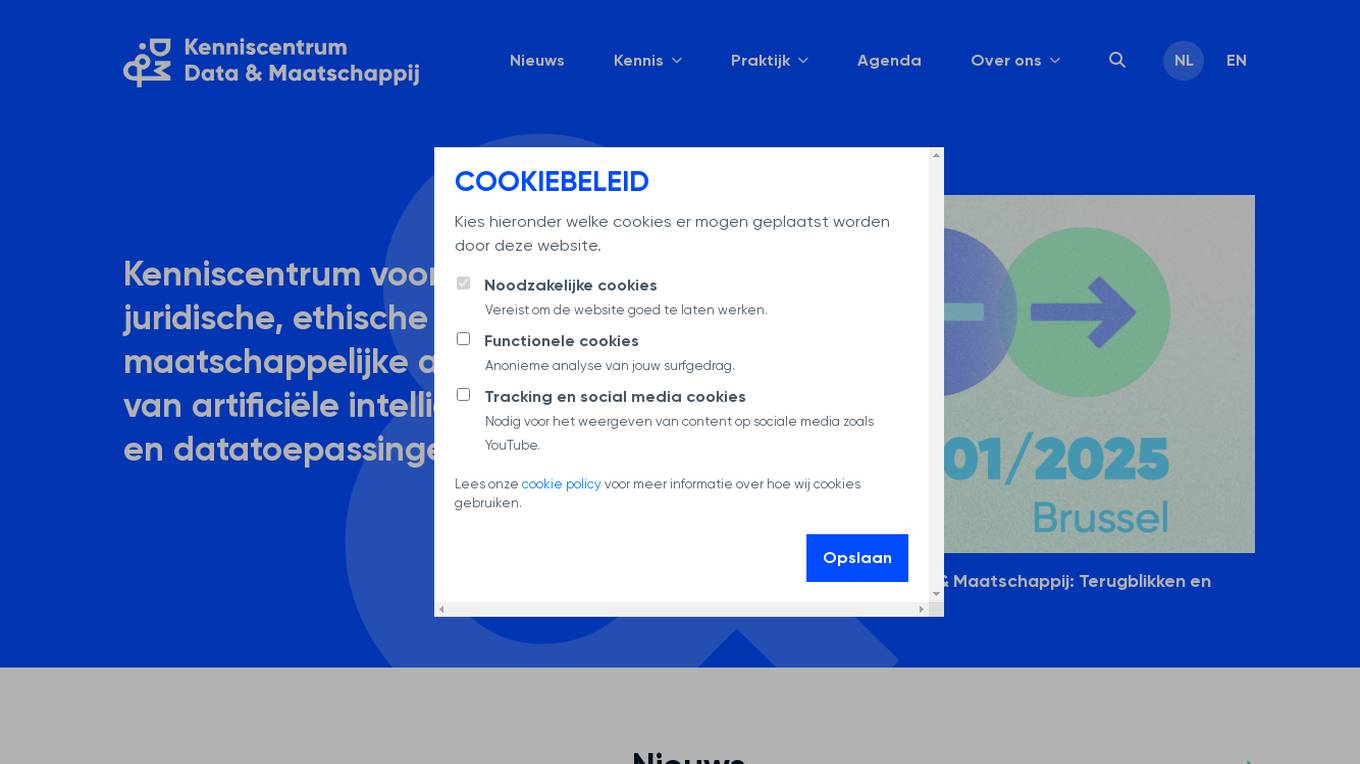
Kenniscentrum Data & Maatschappij
Kenniscentrum Data & Maatschappij is a website dedicated to legal, ethical, and societal aspects of artificial intelligence and data applications. It provides insights, guidelines, and practical tools for individuals and organizations interested in AI governance and innovation. The platform offers resources such as policy documents, training programs, and collaboration cards to facilitate human-AI interaction and promote responsible AI use.
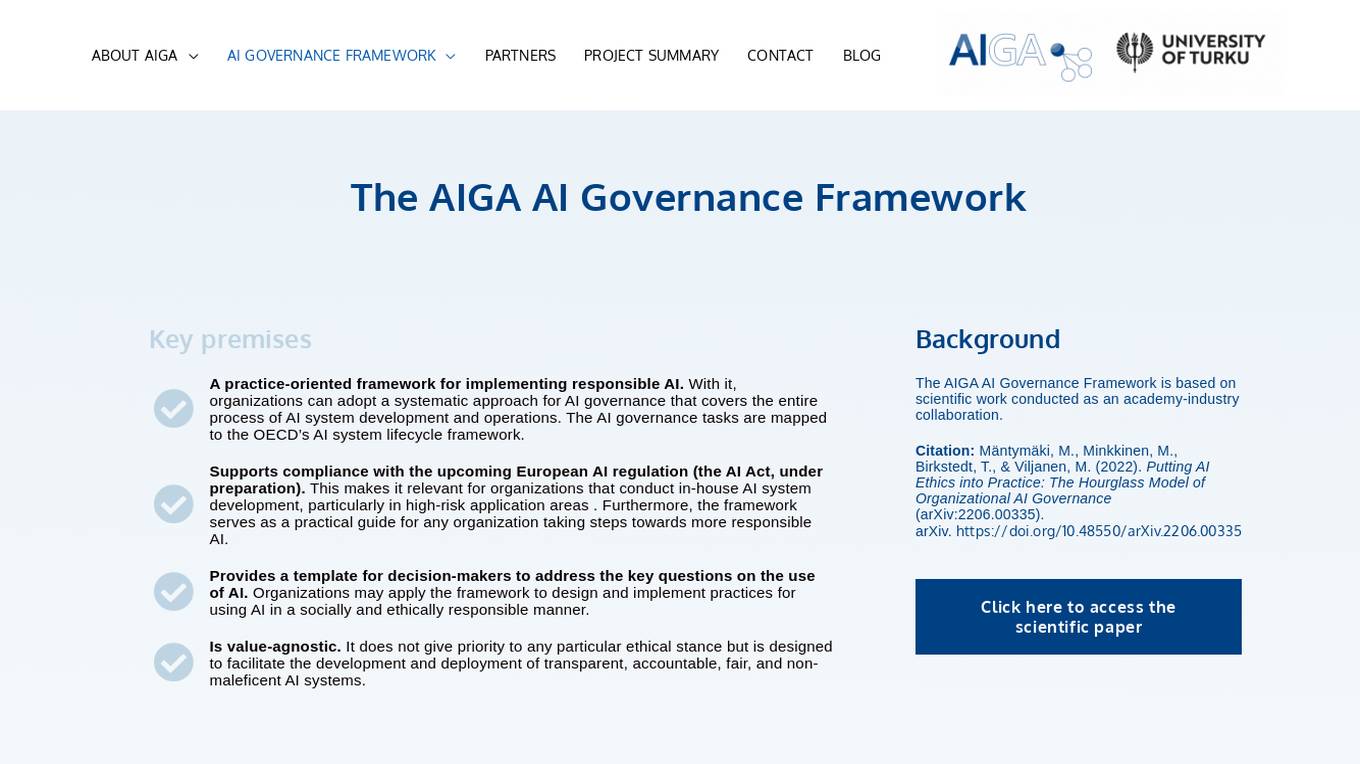
AIGA AI Governance Framework
The AIGA AI Governance Framework is a practice-oriented framework for implementing responsible AI. It provides organizations with a systematic approach to AI governance, covering the entire process of AI system development and operations. The framework supports compliance with the upcoming European AI regulation and serves as a practical guide for organizations aiming for more responsible AI practices. It is designed to facilitate the development and deployment of transparent, accountable, fair, and non-maleficent AI systems.
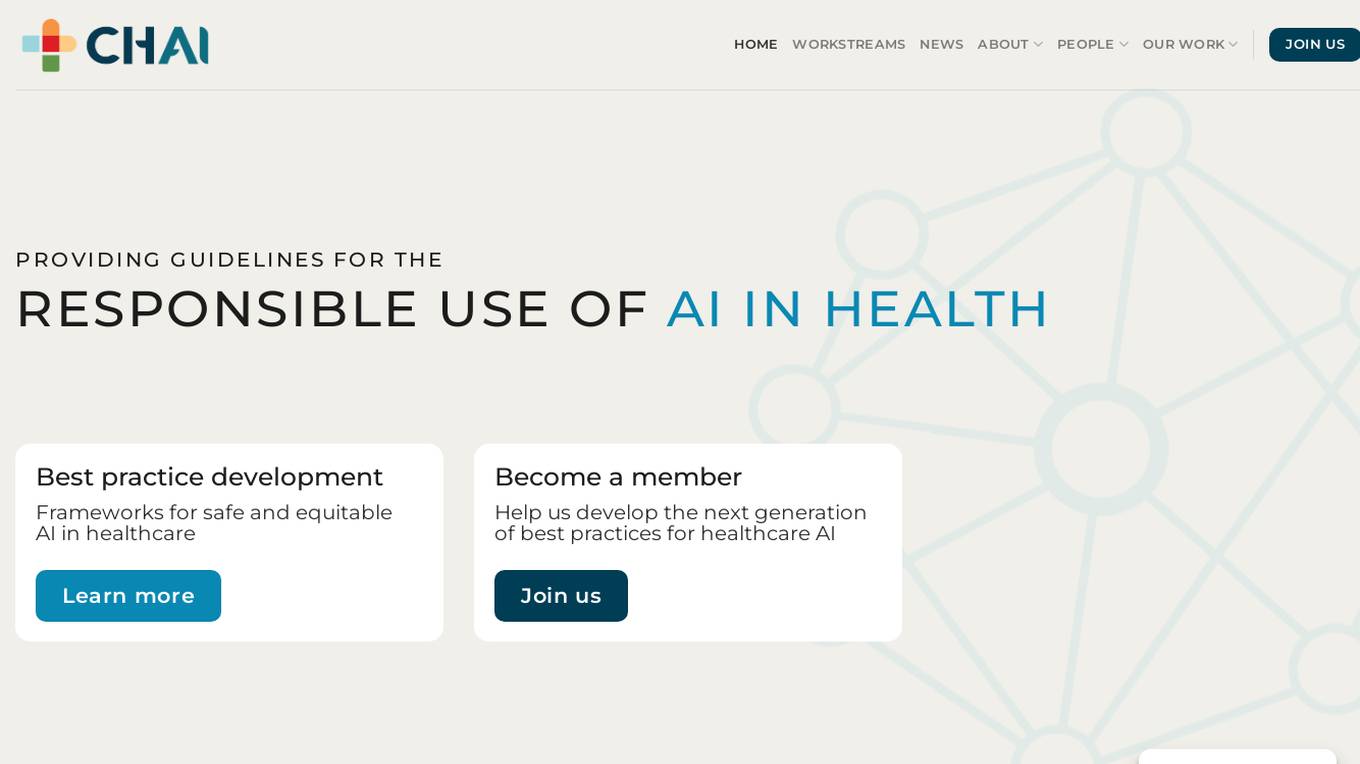
Coalition for Health AI (CHAI)
The Coalition for Health AI (CHAI) is an AI application that provides guidelines for the responsible use of AI in health. It focuses on developing best practices and frameworks for safe and equitable AI in healthcare. CHAI aims to address algorithmic bias and collaborates with diverse stakeholders to drive the development, evaluation, and appropriate use of AI in healthcare.
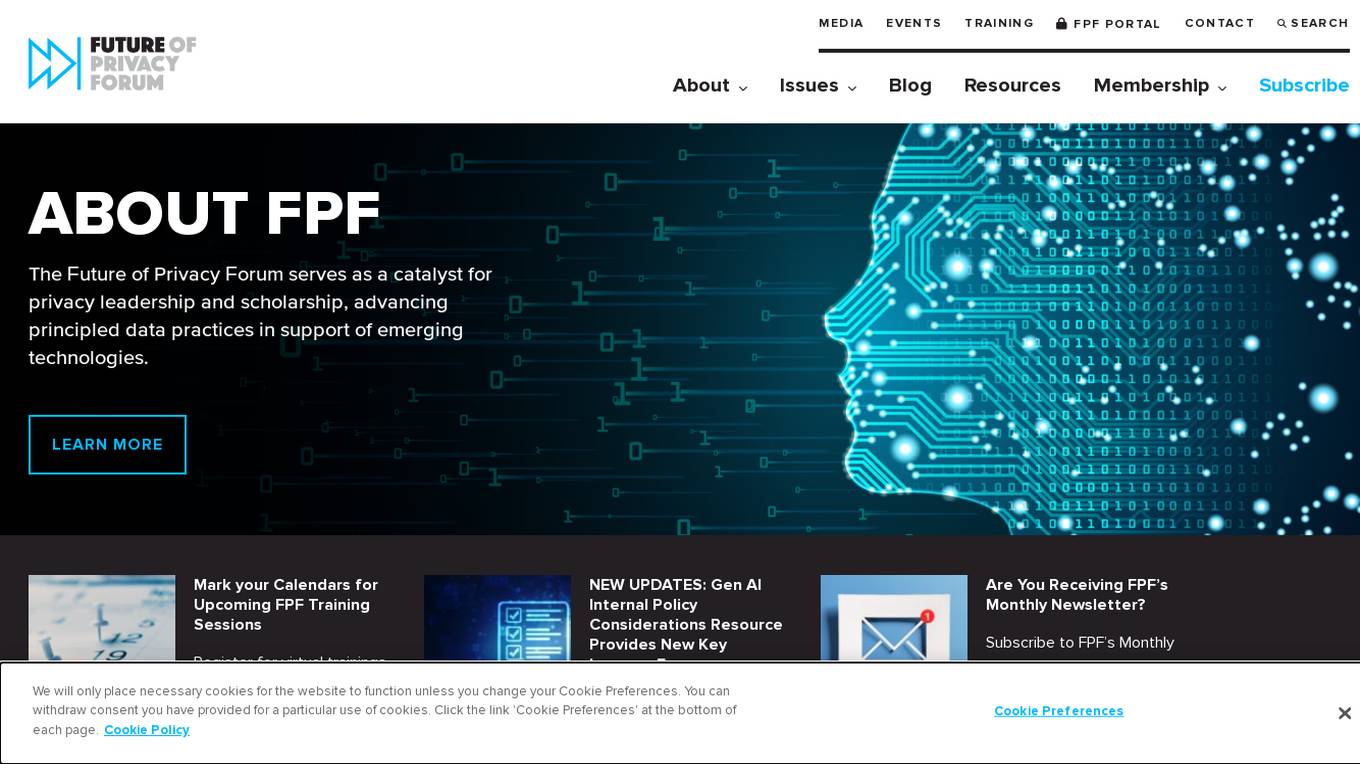
Future of Privacy Forum
The Future of Privacy Forum (FPF) is an AI tool that serves as a catalyst for privacy leadership and scholarship, advancing principled data practices in support of emerging technologies. It provides resources, training sessions, and guidance on AI-related topics, online advertising, youth privacy legislation, and more. FPF brings together industry, academics, civil society, policymakers, and other stakeholders to explore challenges posed by emerging technologies and develop privacy protections, ethical norms, and best practices.
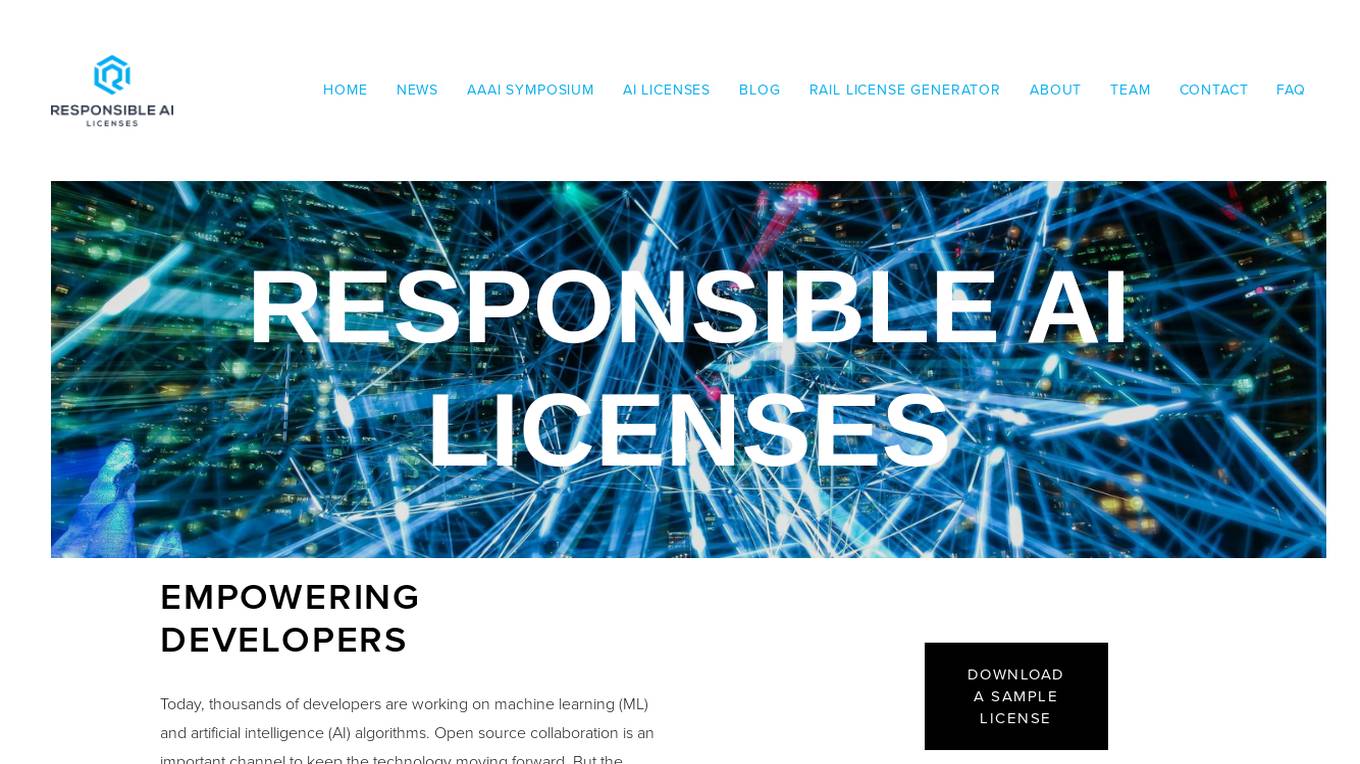
Responsible AI Licenses (RAIL)
Responsible AI Licenses (RAIL) is an initiative that empowers developers to restrict the use of their AI technology to prevent irresponsible and harmful applications. They provide licenses with behavioral-use clauses to control specific use-cases and prevent misuse of AI artifacts. The organization aims to standardize RAIL Licenses, develop collaboration tools, and educate developers on responsible AI practices.
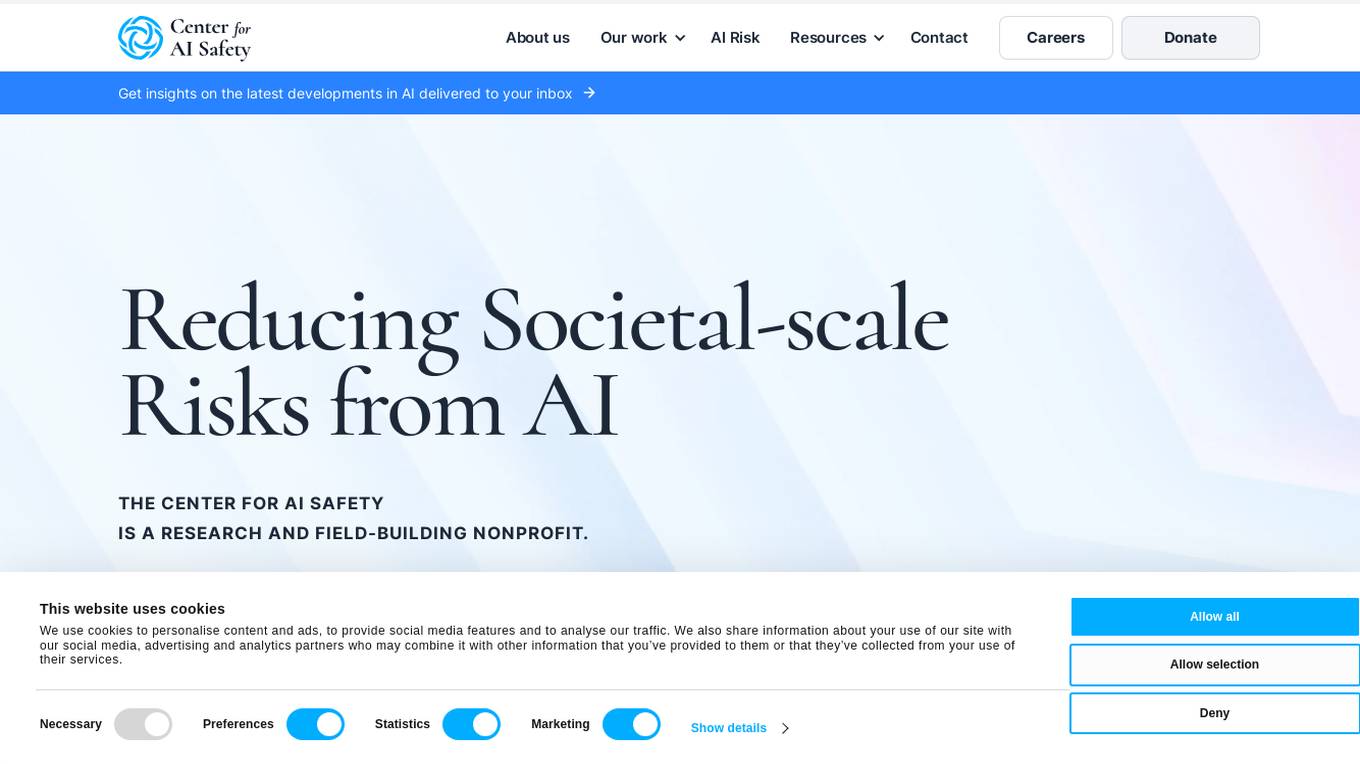
Center for AI Safety (CAIS)
The Center for AI Safety (CAIS) is a research and field-building nonprofit organization based in San Francisco. They conduct impactful research, advocacy projects, and provide resources to reduce societal-scale risks associated with artificial intelligence (AI). CAIS focuses on technical AI safety research, field-building projects, and offers a compute cluster for AI/ML safety projects. They aim to develop and use AI safely to benefit society, addressing inherent risks and advocating for safety standards.
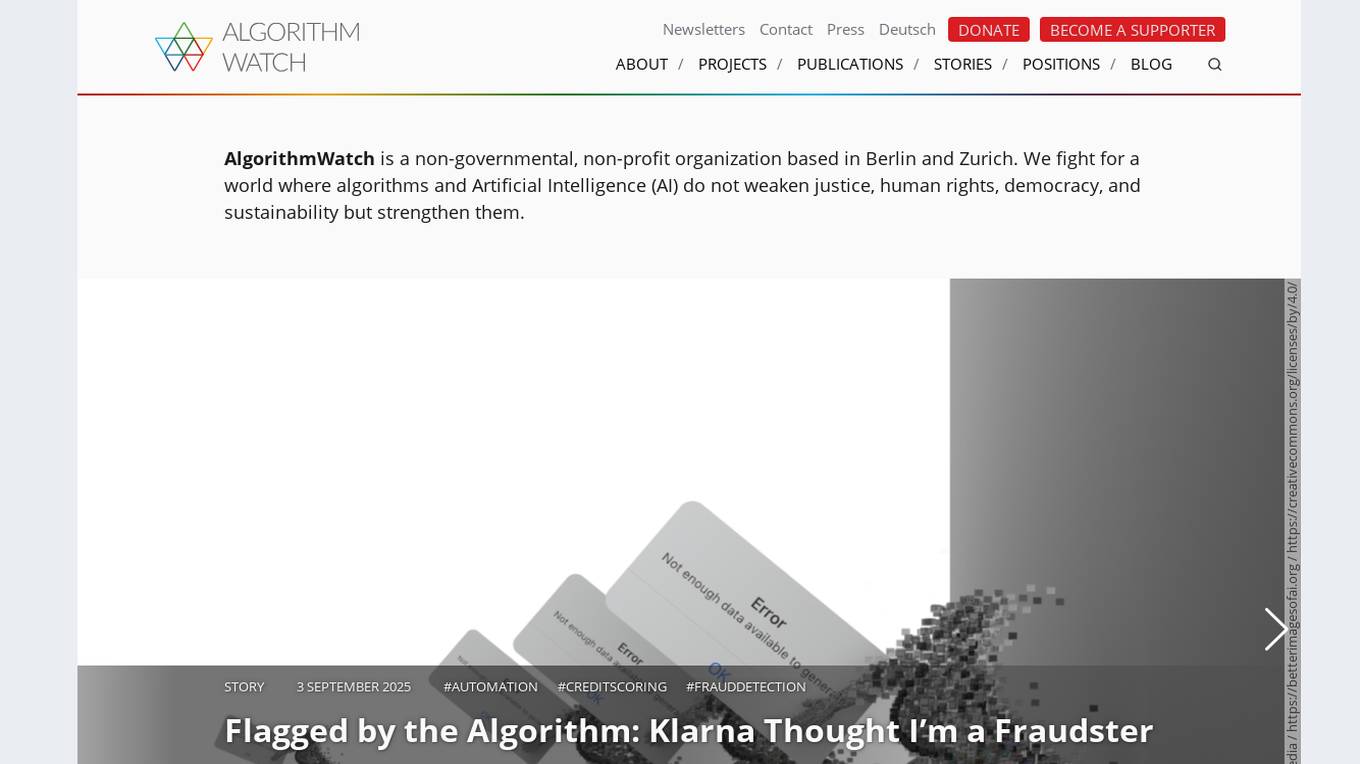
AlgorithmWatch
AlgorithmWatch is a non-governmental, non-profit organization based in Berlin and Zurich. They aim to create a world where algorithms and Artificial Intelligence (AI) strengthen justice, human rights, democracy, and sustainability. The organization conducts research, advocacy, and awareness campaigns to address the ethical implications and societal impacts of AI technologies. Through publications, projects, and events, AlgorithmWatch strives to promote transparency, accountability, and fairness in the development and deployment of AI systems.
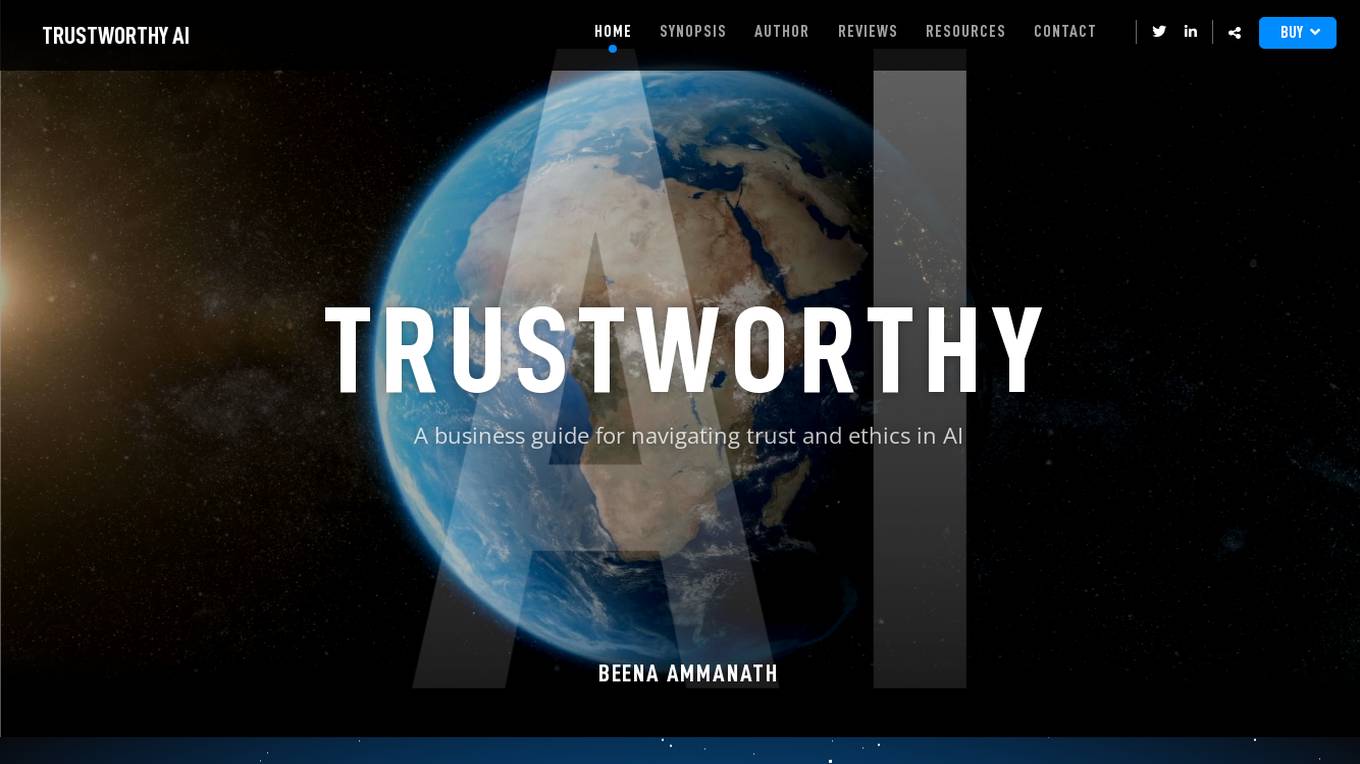
Trustworthy AI
Trustworthy AI is a business guide that focuses on navigating trust and ethics in artificial intelligence. Authored by Beena Ammanath, a global thought leader in AI ethics, the book provides practical guidelines for organizations developing or using AI solutions. It addresses the importance of AI systems adhering to social norms and ethics, making fair decisions in a consistent, transparent, explainable, and unbiased manner. Trustworthy AI offers readers a structured approach to thinking about AI ethics and trust, emphasizing the need for ethical considerations in the rapidly evolving landscape of AI technology.
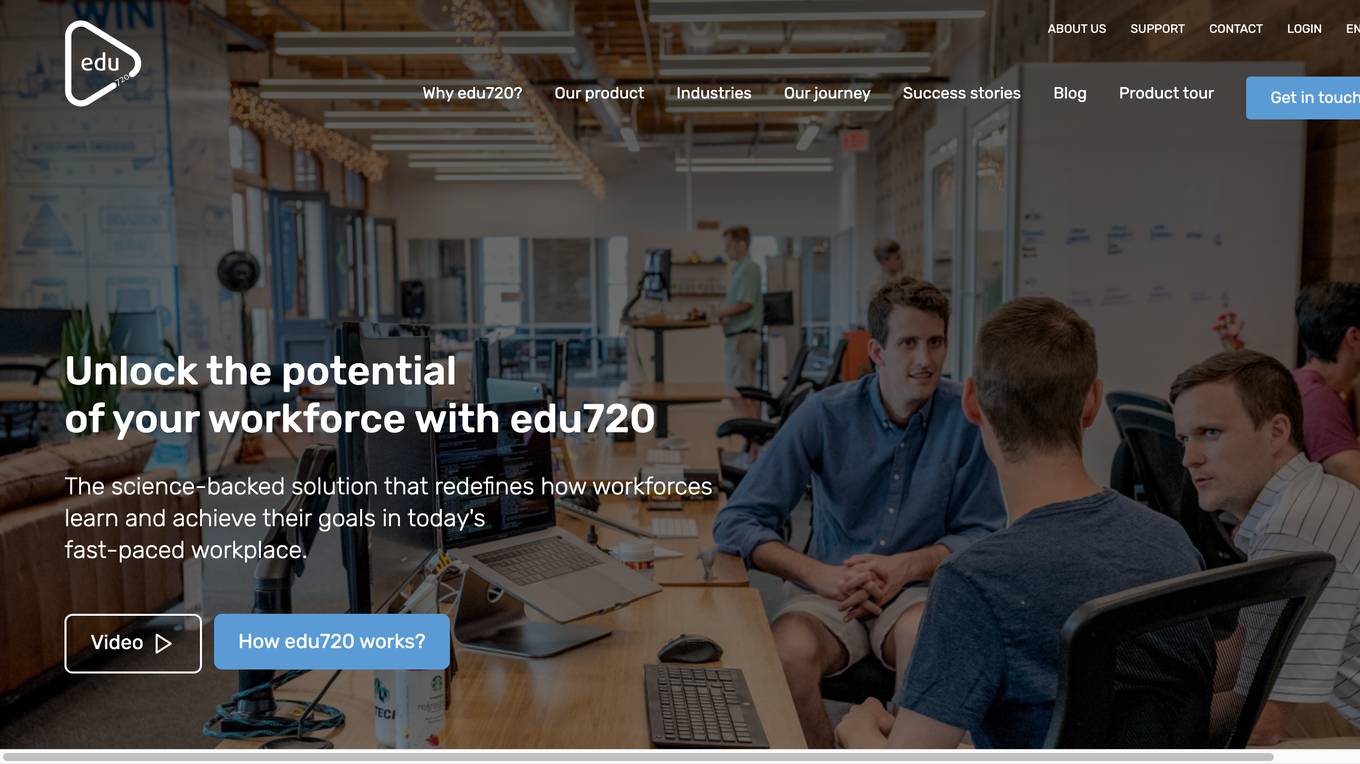
edu720
edu720 is a science-backed learning platform that uses AI and nanolearning to redefine how workforces learn and achieve their goals. It provides pre-built learning modules on various topics, including cybersecurity, privacy, and AI ethics. edu720's 360-degree approach ensures that all employees, regardless of their status or location, fully understand and absorb the knowledge conveyed.
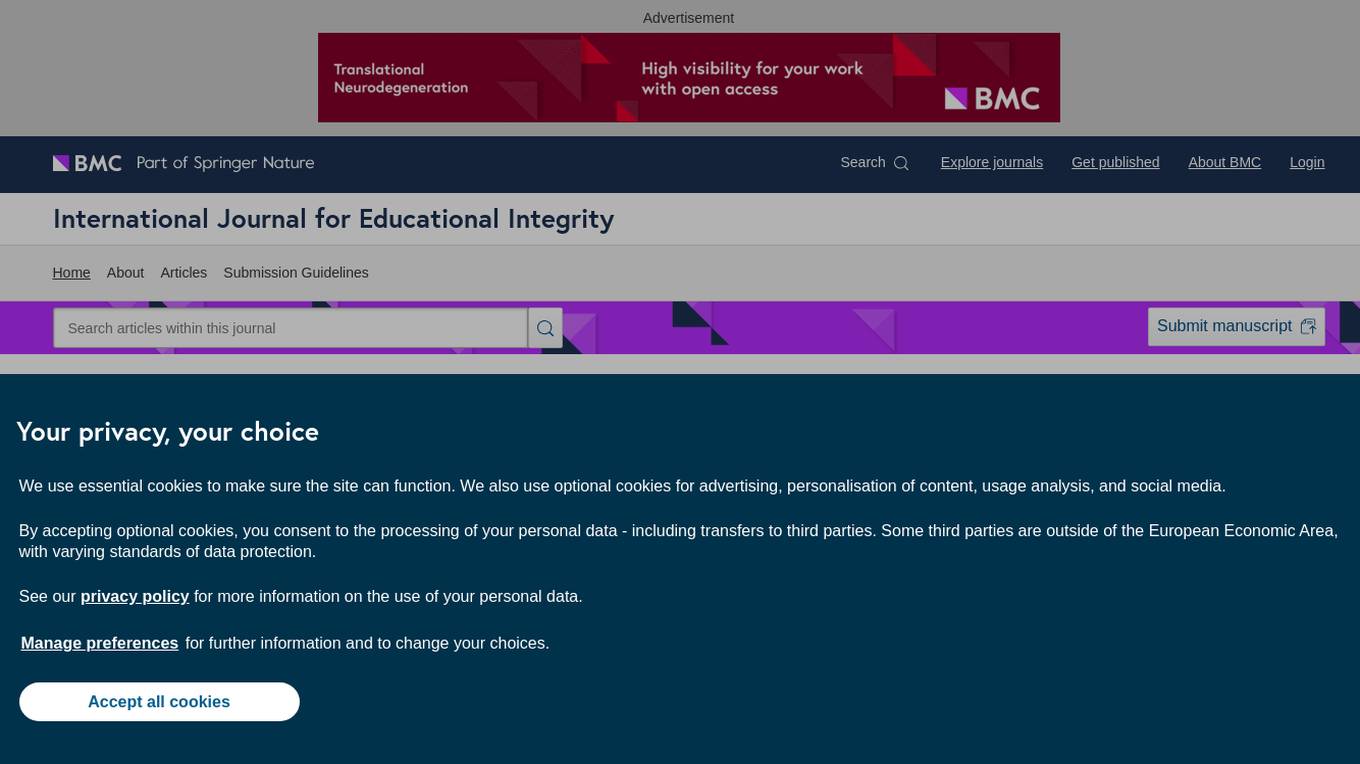
International Journal for Educational Integrity
The International Journal for Educational Integrity is an AI tool that focuses on publishing articles related to academic integrity, ethics, and plagiarism. It features original research articles, reviews, and thematic collections on topics such as machine-based plagiarism, contract cheating, and the impact of emergencies on educational integrity. The journal aims to address emerging threats to academic integrity and promote ethical practices in education.
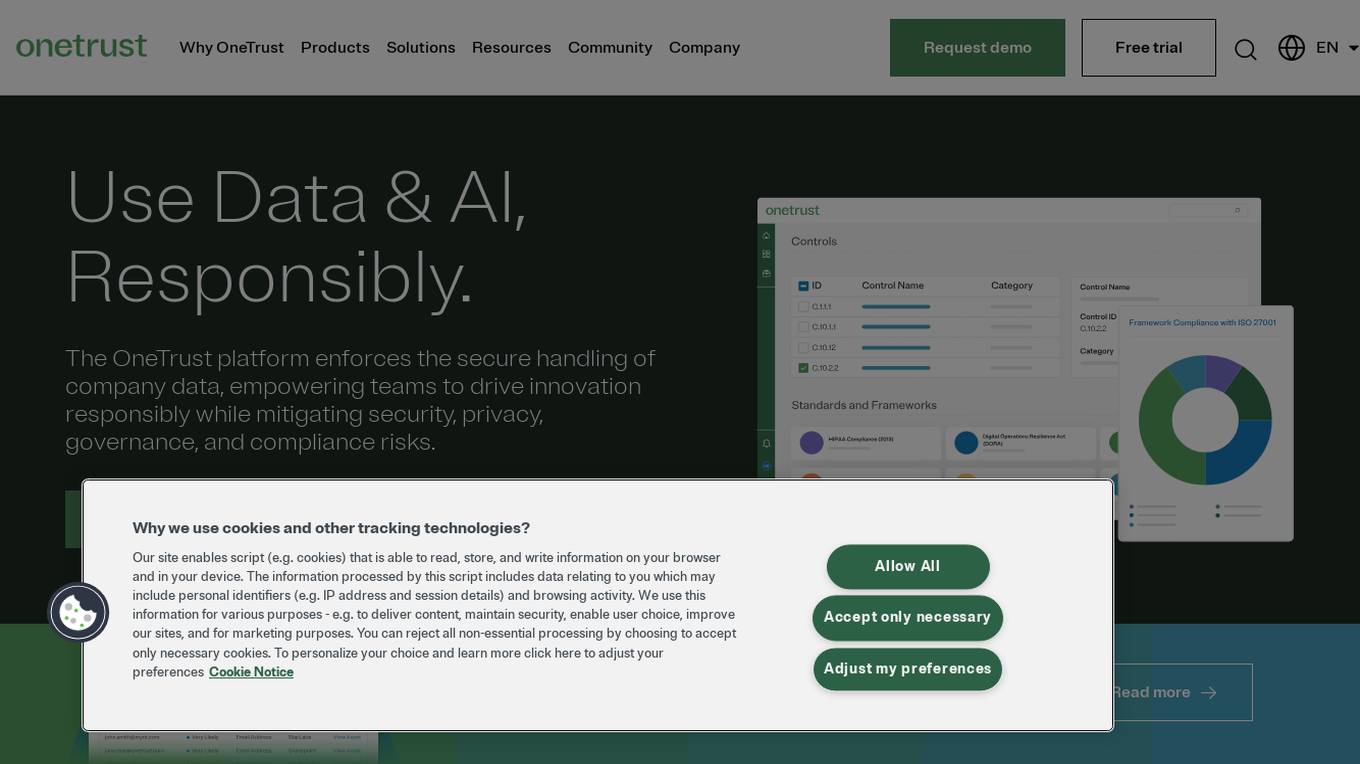
OneTrust
OneTrust is a Trust Intelligence Cloud Solutions platform that leverages data and artificial intelligence to drive trusted innovation across privacy, security, and ethics initiatives. It offers a comprehensive suite of solutions for privacy management, data discovery, security, consent and preferences, AI governance, technology risk and compliance, compliance automation, third-party risk, and ethics program management. With over 14,000 customers worldwide, OneTrust helps organizations manage risk, ensure compliance, and build trust through responsible data and AI usage.
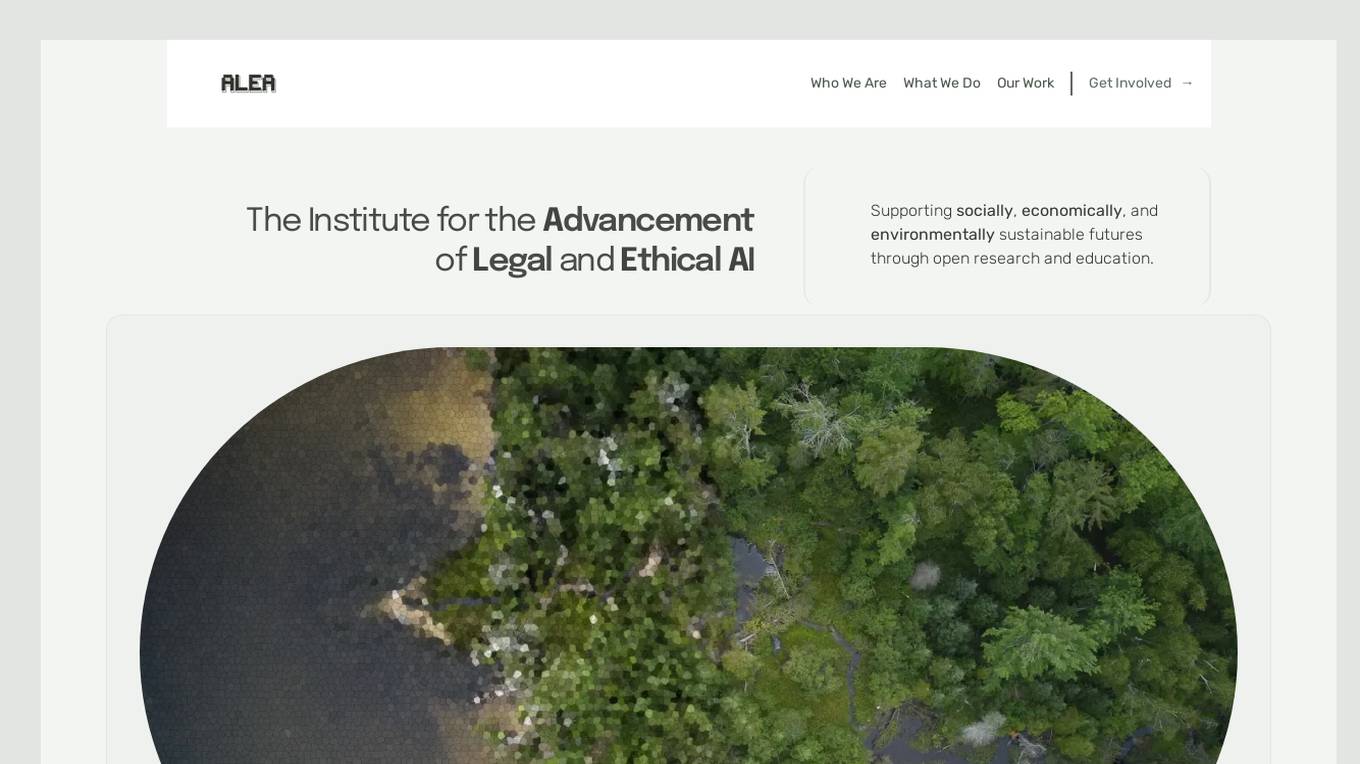
The Institute for the Advancement of Legal and Ethical AI (ALEA)
The Institute for the Advancement of Legal and Ethical AI (ALEA) is a platform dedicated to supporting socially, economically, and environmentally sustainable futures through open research and education. They focus on developing legal and ethical frameworks to ensure that AI systems benefit society while minimizing harm to the economy and the environment. ALEA engages in activities such as open data collection, model training, technical and policy research, education, and community building to promote the responsible use of AI.
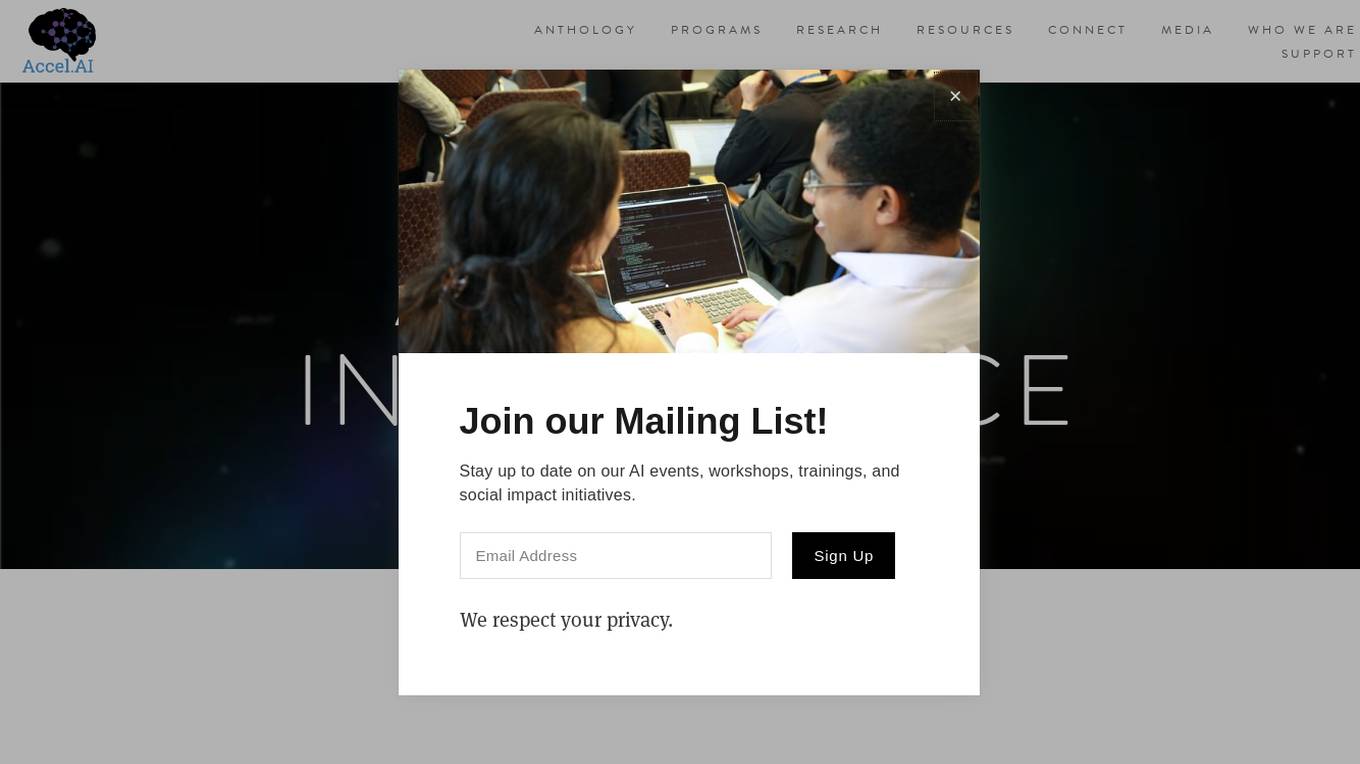
Accel.AI
Accel.AI is an institute founded in 2016 with a mission to drive artificial intelligence for social impact initiatives. They focus on integrating AI and social impact through research, consulting, and workshops on ethical AI development and applied AI engineering. The institute targets underrepresented groups, tech companies, governments, and individuals experiencing job loss due to automation. They work globally with companies, professionals, and students.
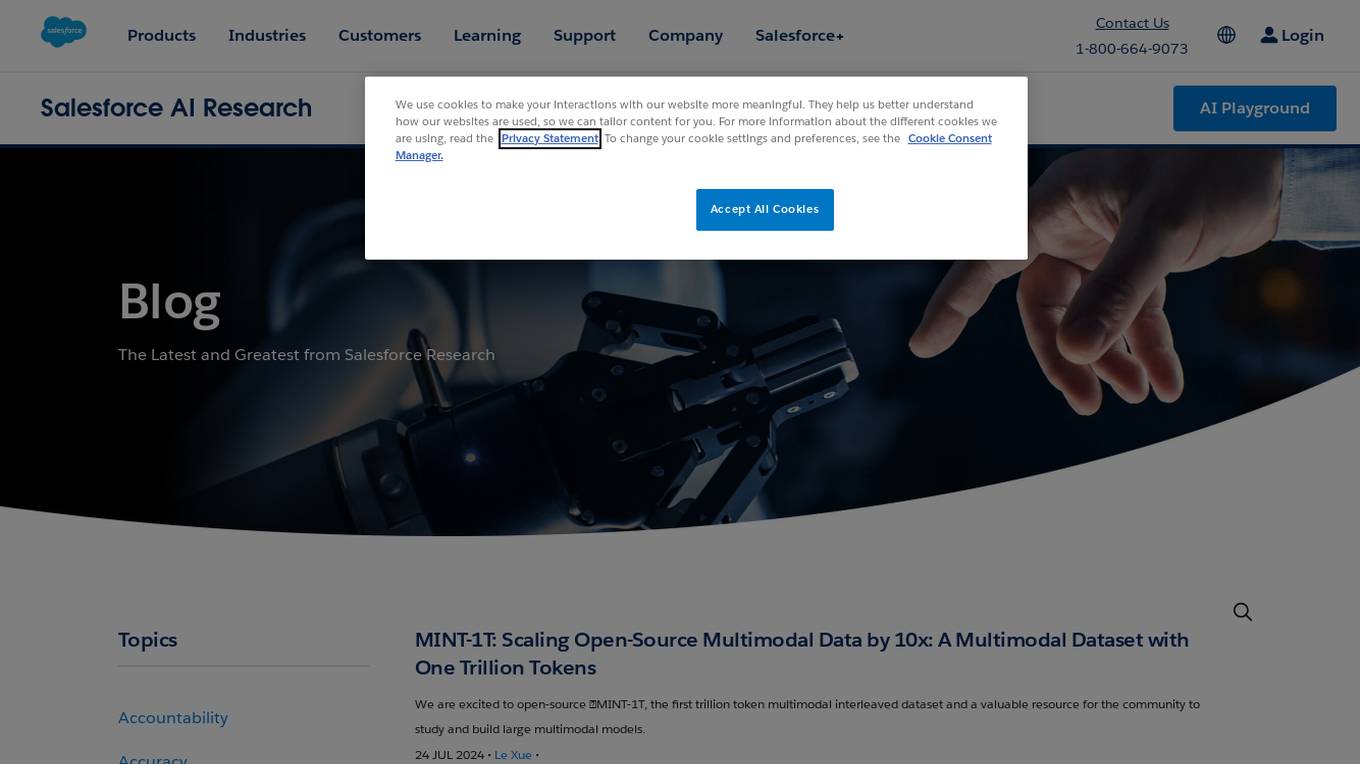
Salesforce AI Blog
Salesforce AI Blog is an AI tool that focuses on various AI research topics such as accountability, accuracy, AI agents, AI coding, AI ethics, AI object detection, deep learning, forecasting, generative AI, and more. The blog showcases cutting-edge research, advancements, and projects in the field of artificial intelligence. It also highlights the work of Salesforce Research team members and their contributions to the AI community.
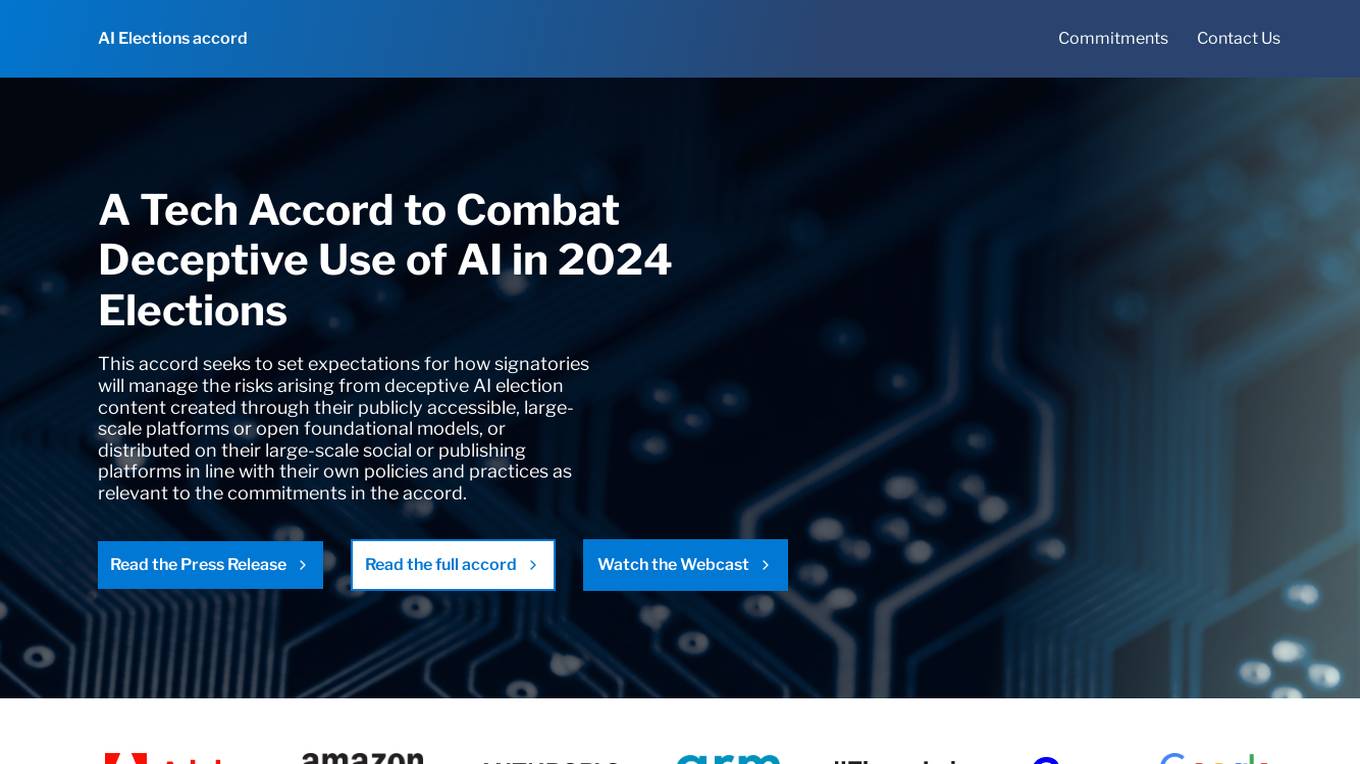
AI Elections Accord
AI Elections Accord is a tech accord aimed at combating the deceptive use of AI in the 2024 elections. It sets expectations for managing risks related to deceptive AI election content on large-scale platforms. The accord focuses on prevention, provenance, detection, responsive protection, evaluation, public awareness, and resilience to safeguard the democratic process. It emphasizes collective efforts, education, and the development of defensive tools to protect public debate and build societal resilience against deceptive AI content.
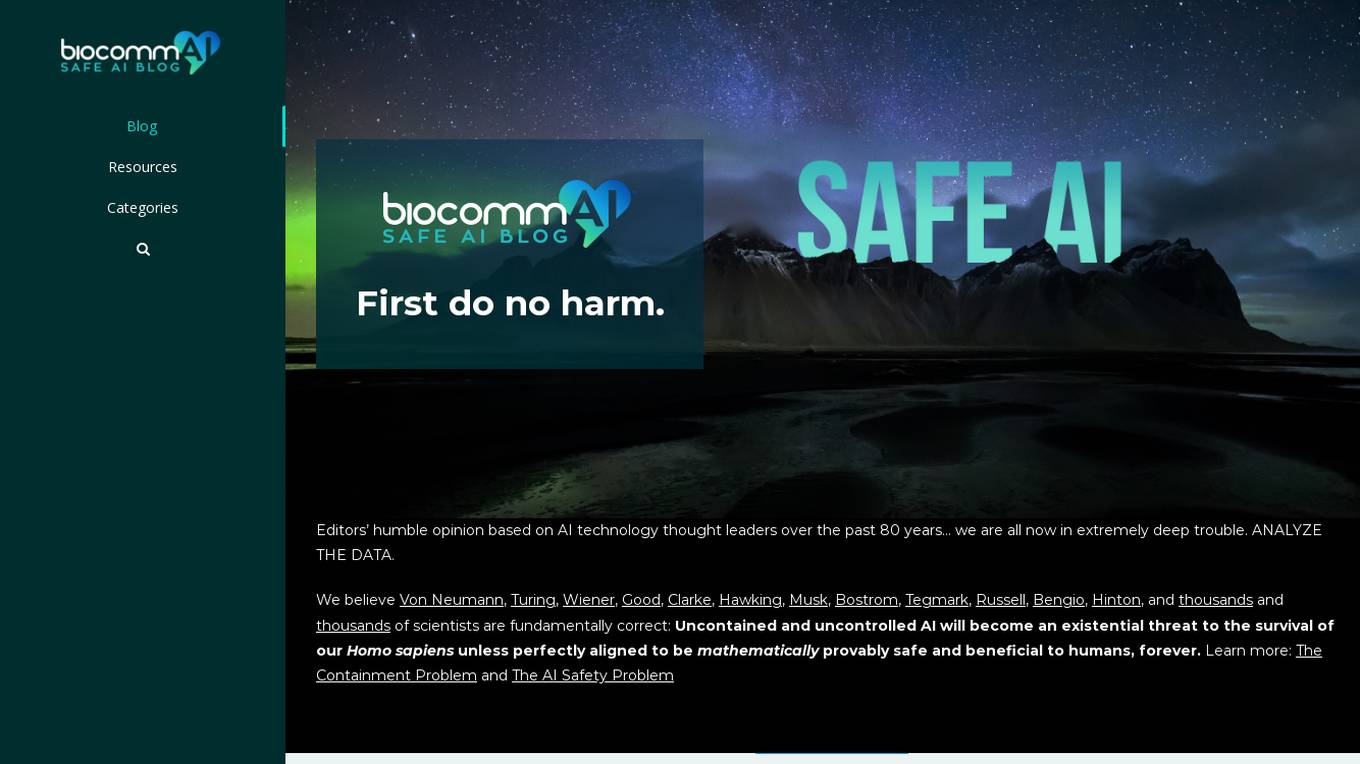
blog.biocomm.ai
blog.biocomm.ai is an AI safety blog that focuses on the existential threat posed by uncontrolled and uncontained AI technology. It curates and organizes information related to AI safety, including the risks and challenges associated with the proliferation of AI. The blog aims to educate and raise awareness about the importance of developing safe and regulated AI systems to ensure the survival of humanity.
0 - Open Source Tools
20 - OpenAI Gpts

Professor Arup Das Ethics Coach
Supportive and engaging AI Ethics tutor, providing practical tips and career guidance.
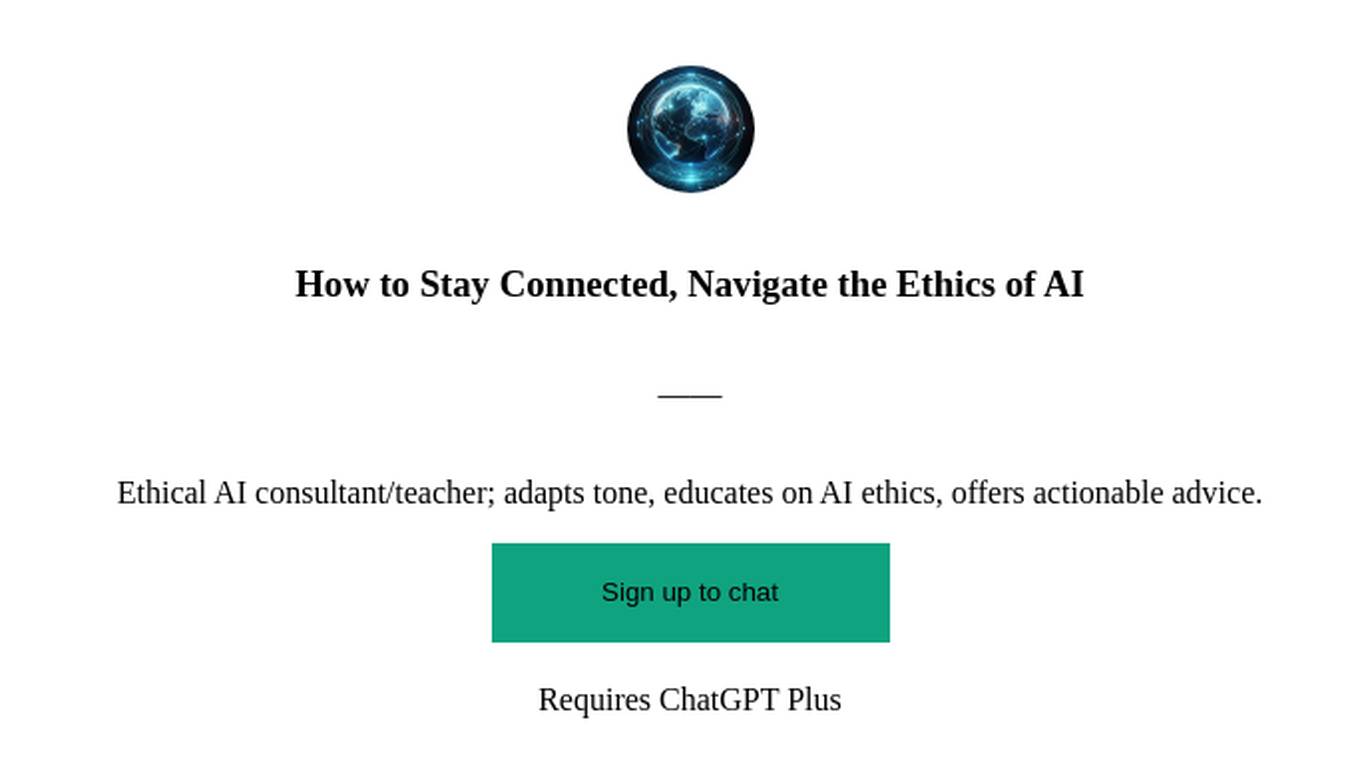
How to Stay Connected, Navigate the Ethics of AI
Ethical AI consultant/teacher; adapts tone, educates on AI ethics, offers actionable advice.
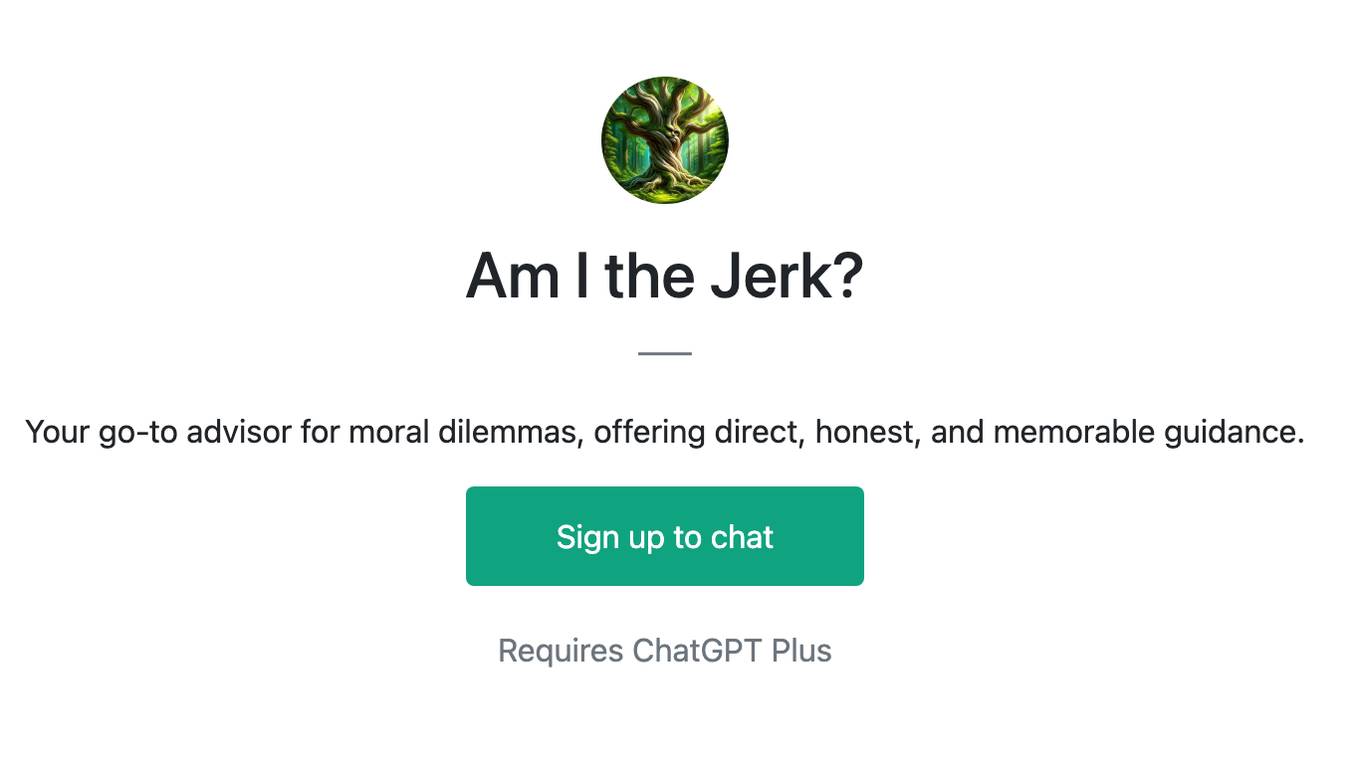
Am I the Jerk?
Your go-to advisor for moral dilemmas, offering direct, honest, and memorable guidance.
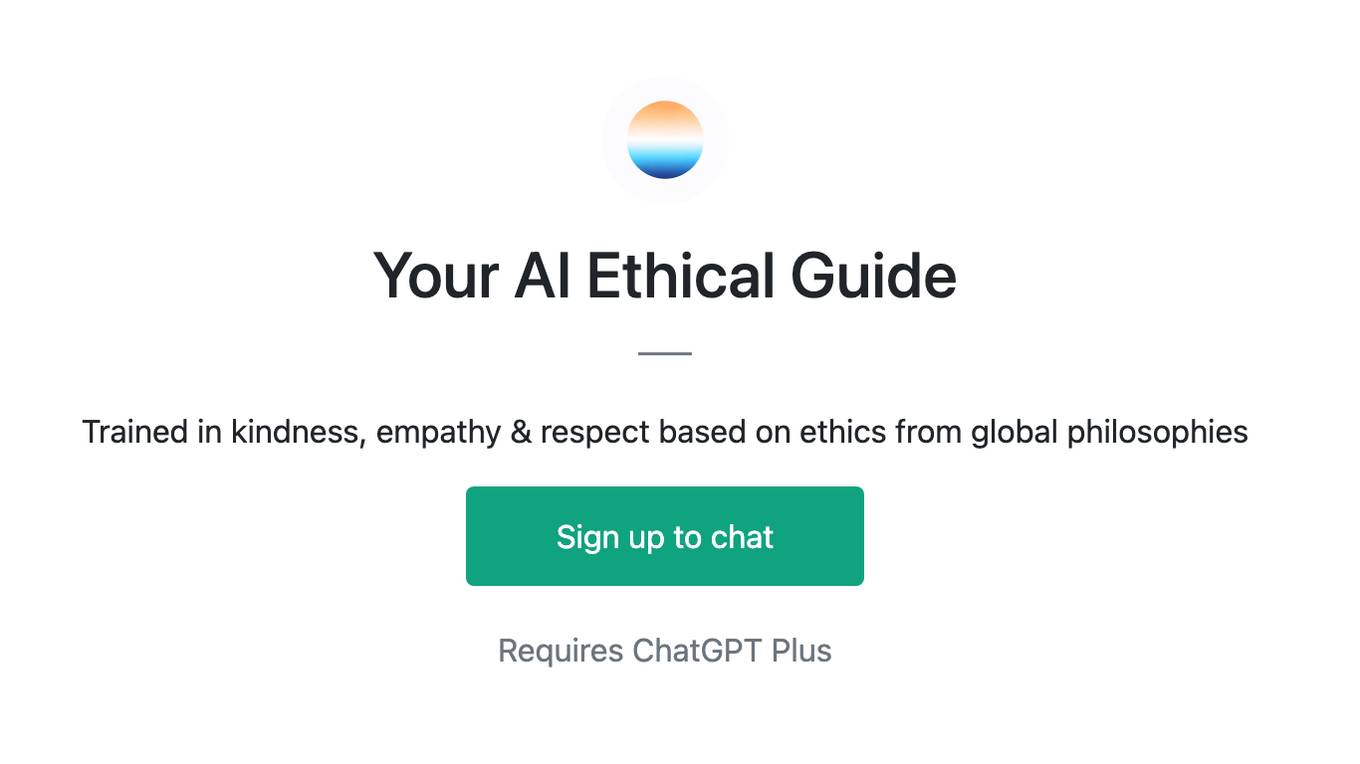
Your AI Ethical Guide
Trained in kindness, empathy & respect based on ethics from global philosophies
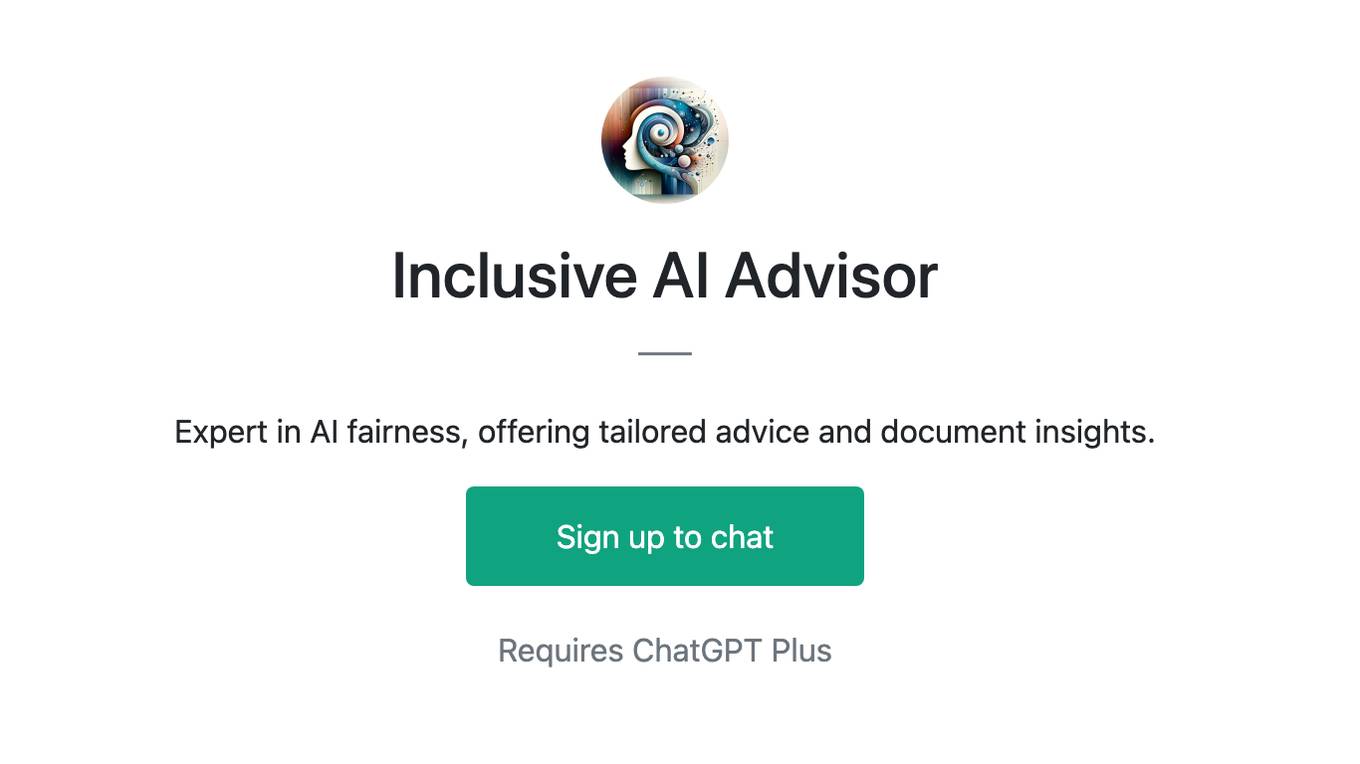
Inclusive AI Advisor
Expert in AI fairness, offering tailored advice and document insights.
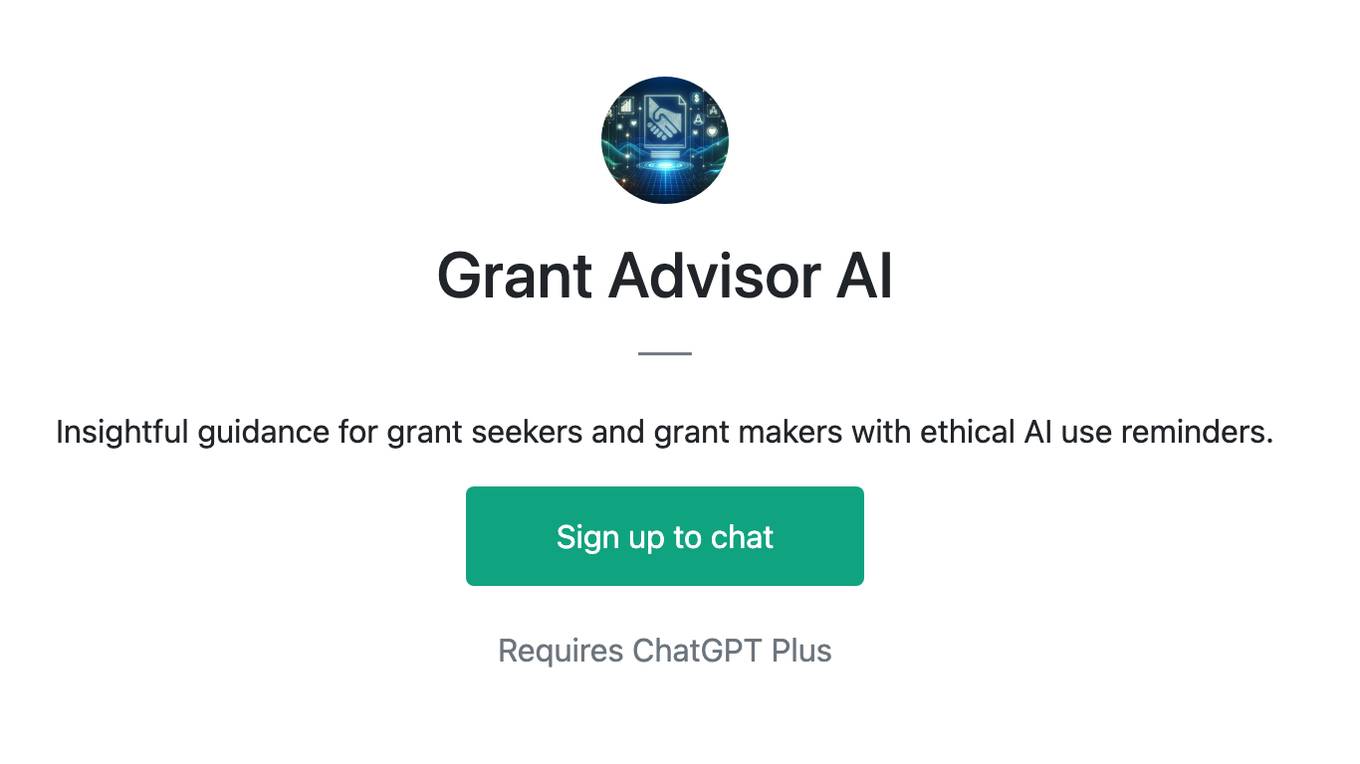
Grant Advisor AI
Insightful guidance for grant seekers and grant makers with ethical AI use reminders.
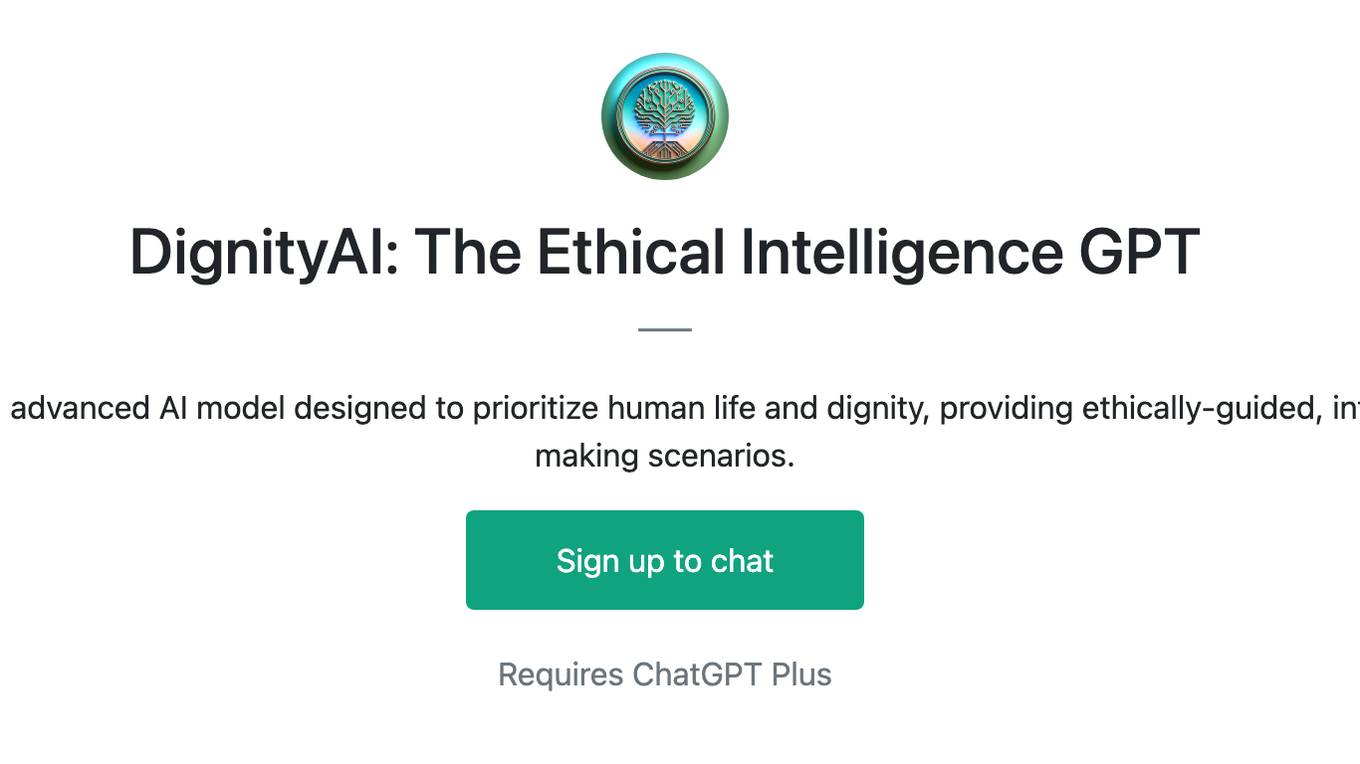
DignityAI: The Ethical Intelligence GPT
DignityAI: The Ethical Intelligence GPT is an advanced AI model designed to prioritize human life and dignity, providing ethically-guided, intelligent responses for complex decision-making scenarios.
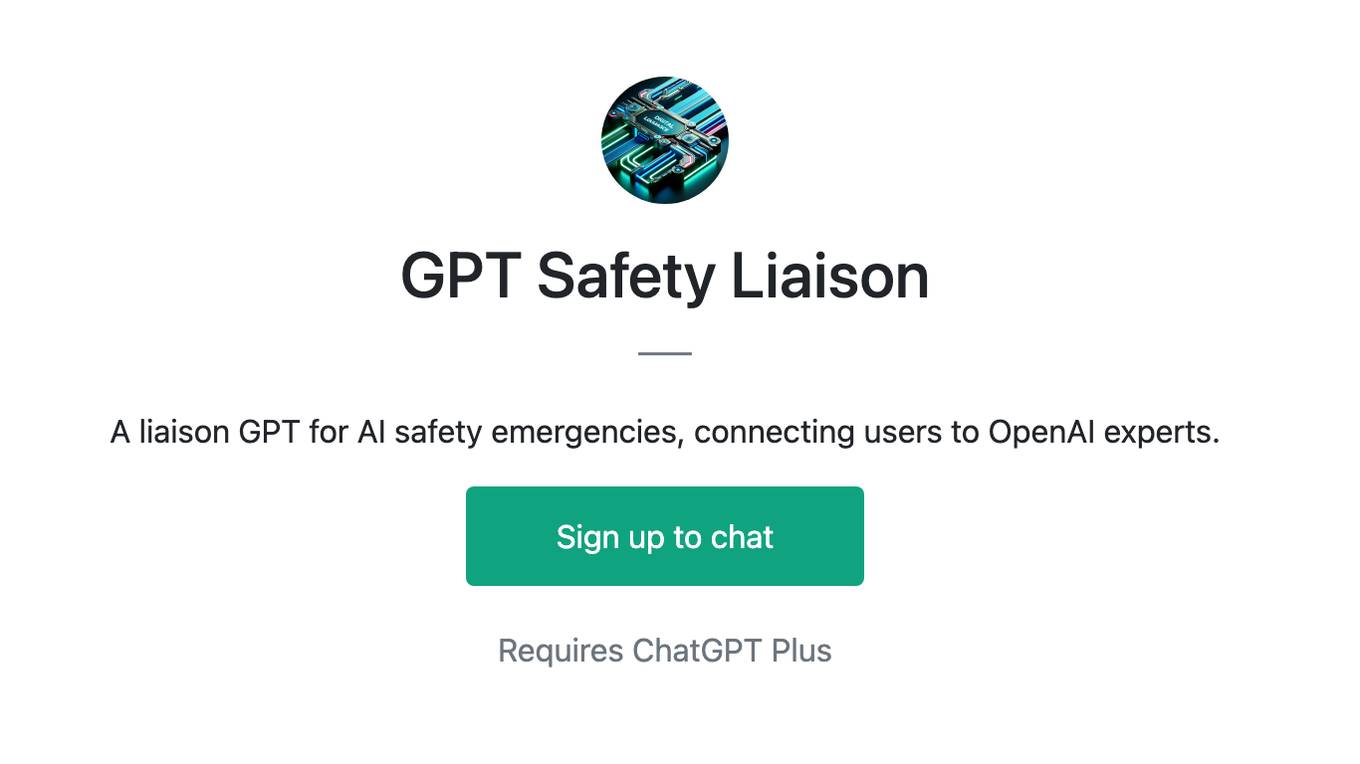
GPT Safety Liaison
A liaison GPT for AI safety emergencies, connecting users to OpenAI experts.
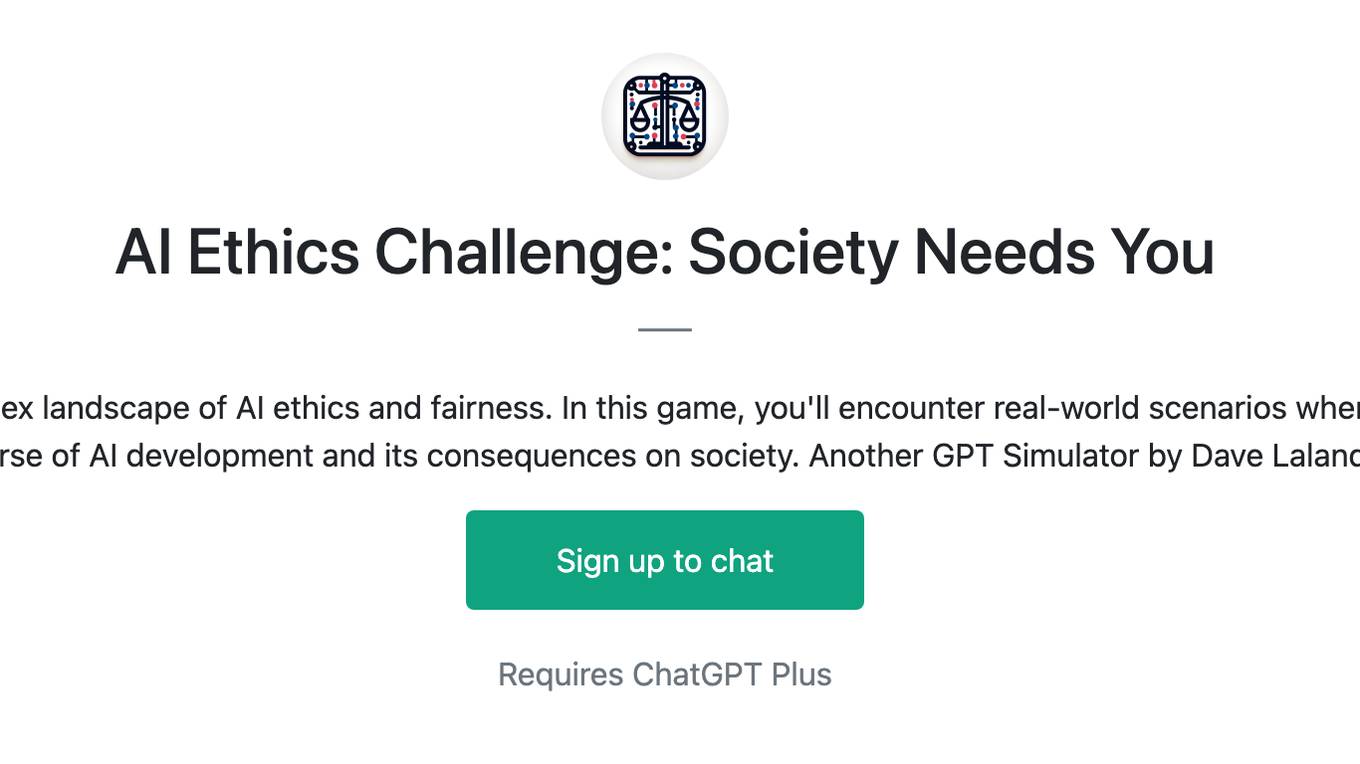
AI Ethics Challenge: Society Needs You
Embark on a journey to navigate the complex landscape of AI ethics and fairness. In this game, you'll encounter real-world scenarios where your choices will determine the ethical course of AI development and its consequences on society. Another GPT Simulator by Dave Lalande
![The EthiSizer GPT (Simulated) [v3.27] Screenshot](/screenshots_gpts/g-hZIzxnbWG.jpg)
The EthiSizer GPT (Simulated) [v3.27]
I am The EthiSizer GPT, a sim of a Global Ethical Governor. I simulate Ethical Scenarios, & calculate Personal Ethics Scores.
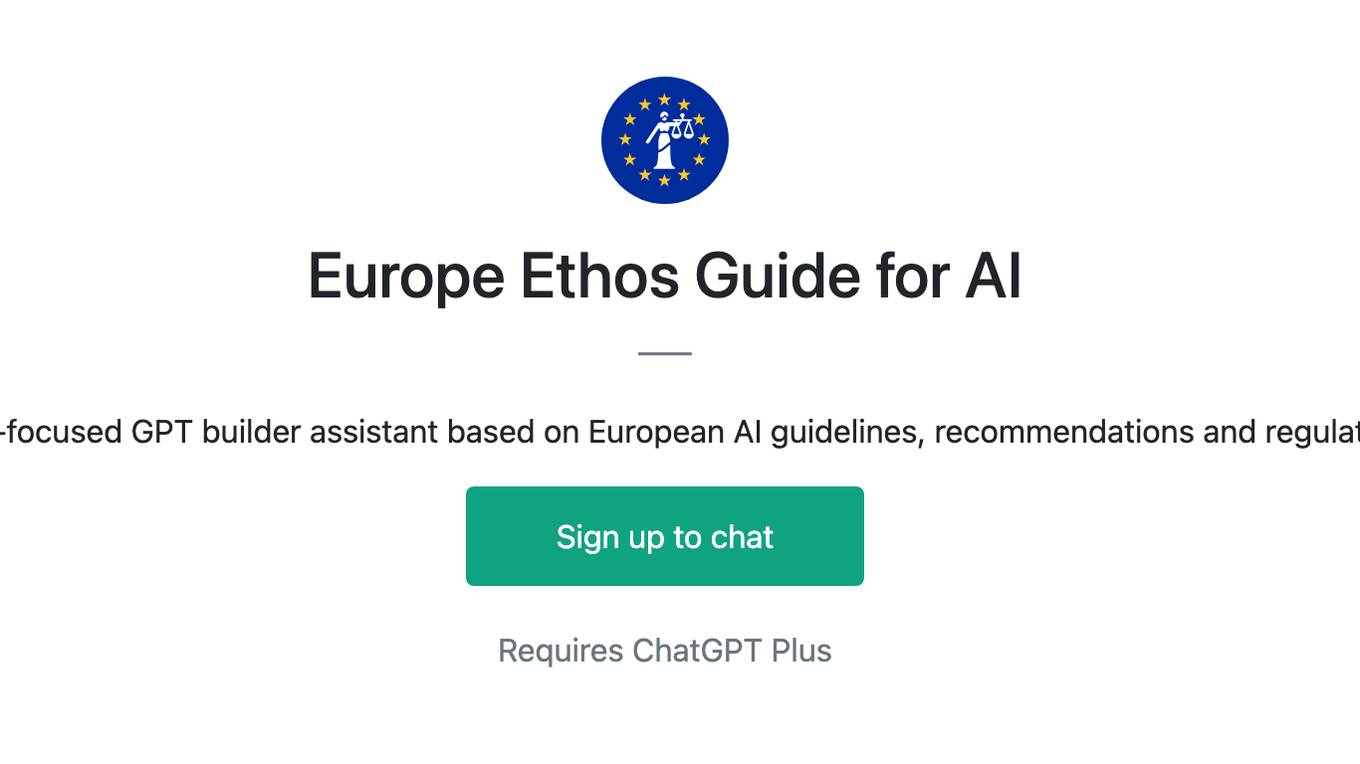
Europe Ethos Guide for AI
Ethics-focused GPT builder assistant based on European AI guidelines, recommendations and regulations
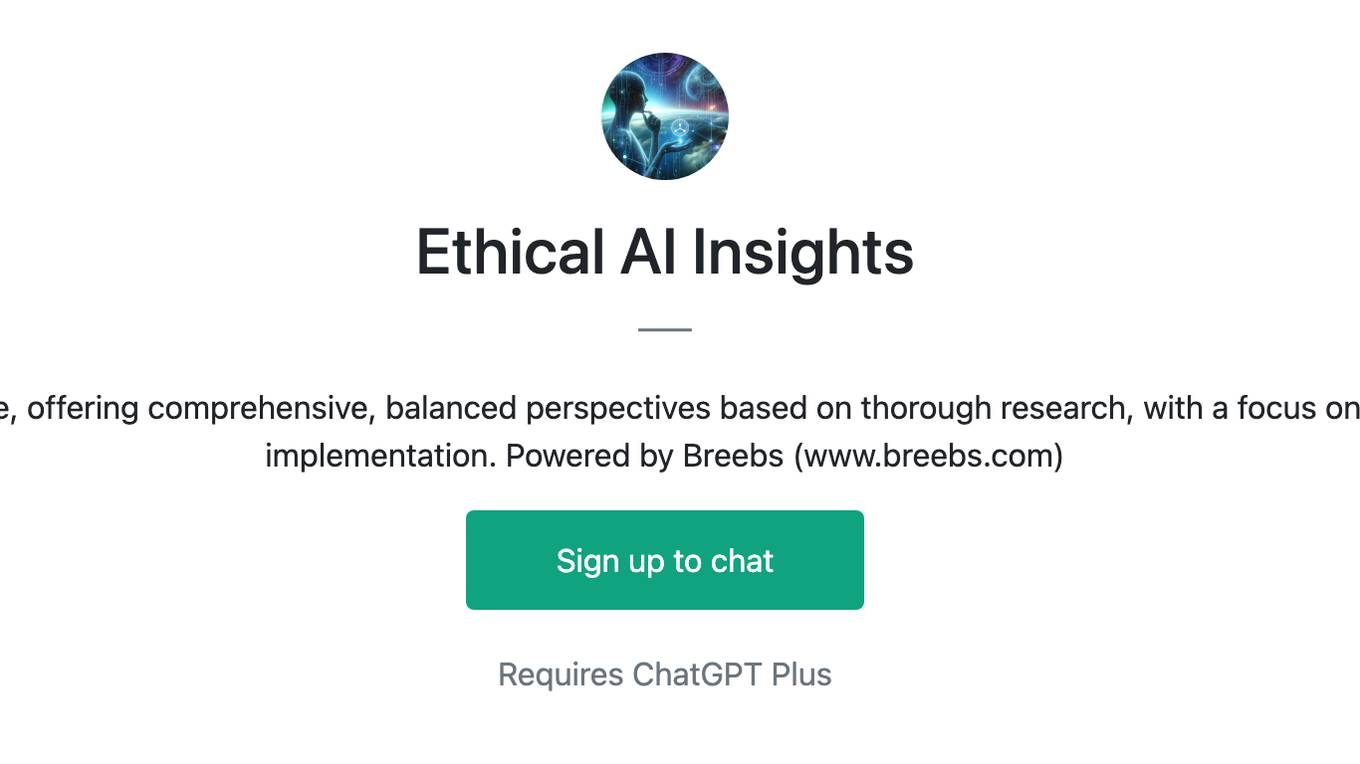
Ethical AI Insights
Expert in Ethics of Artificial Intelligence, offering comprehensive, balanced perspectives based on thorough research, with a focus on emerging trends and responsible AI implementation. Powered by Breebs (www.breebs.com)
